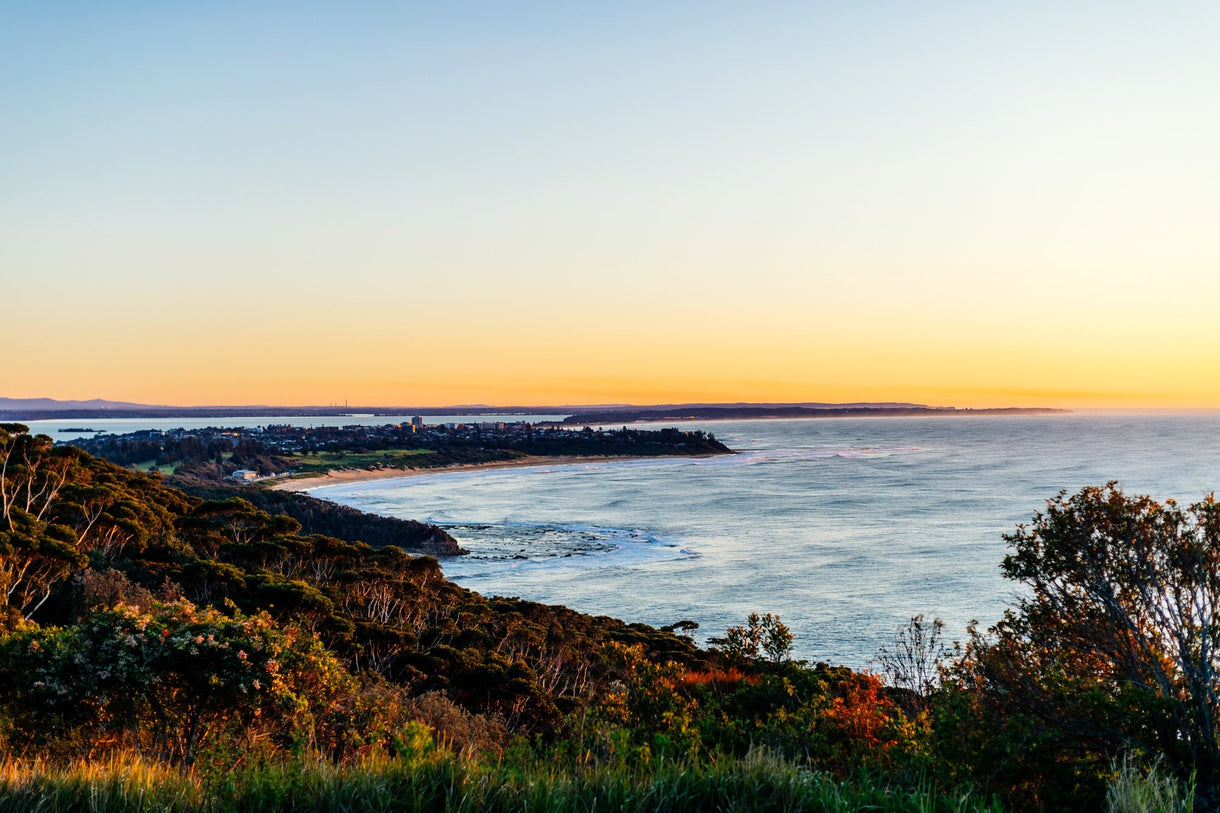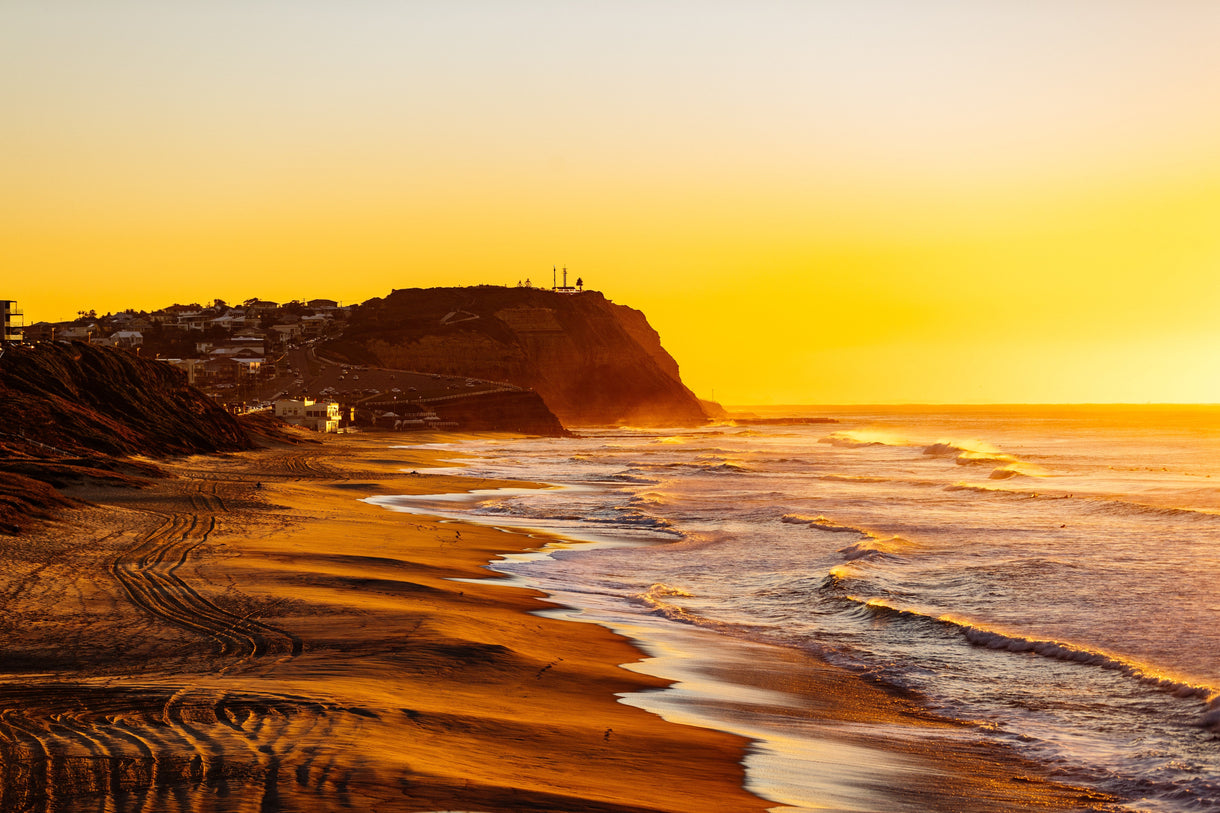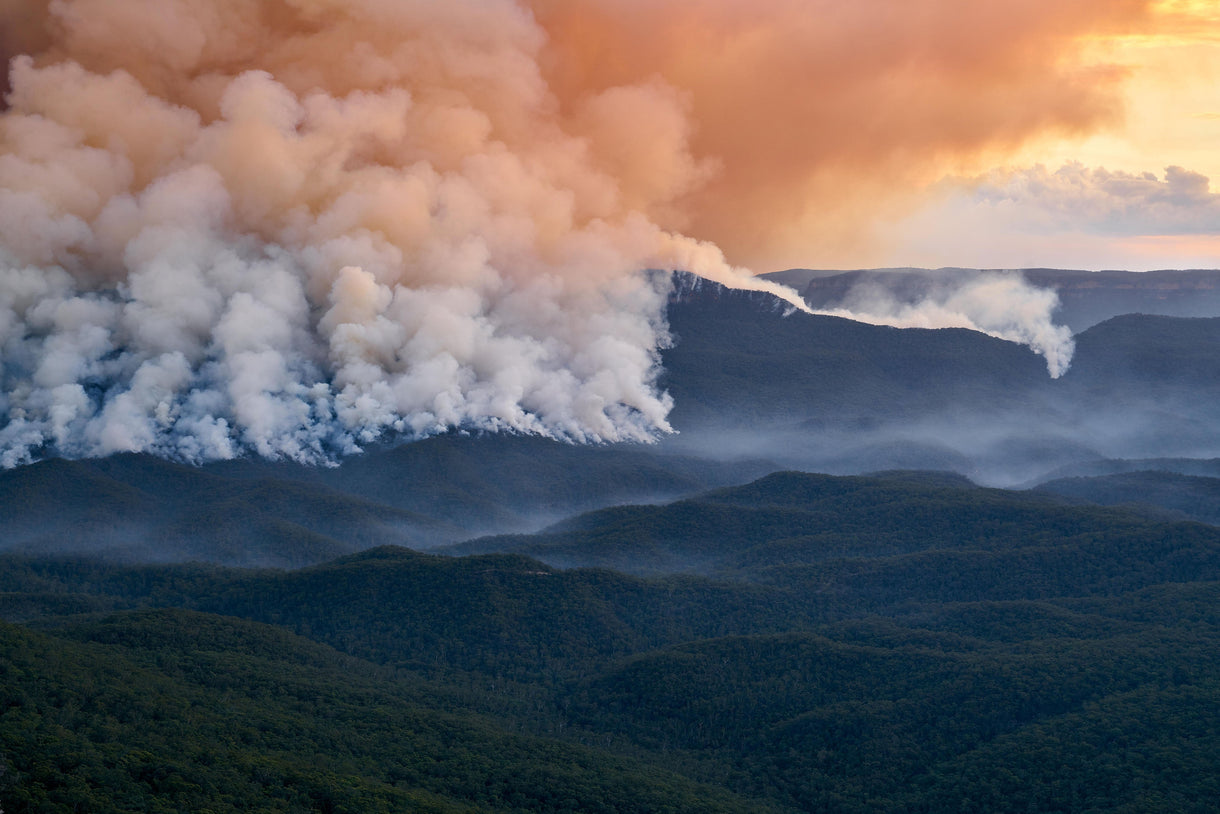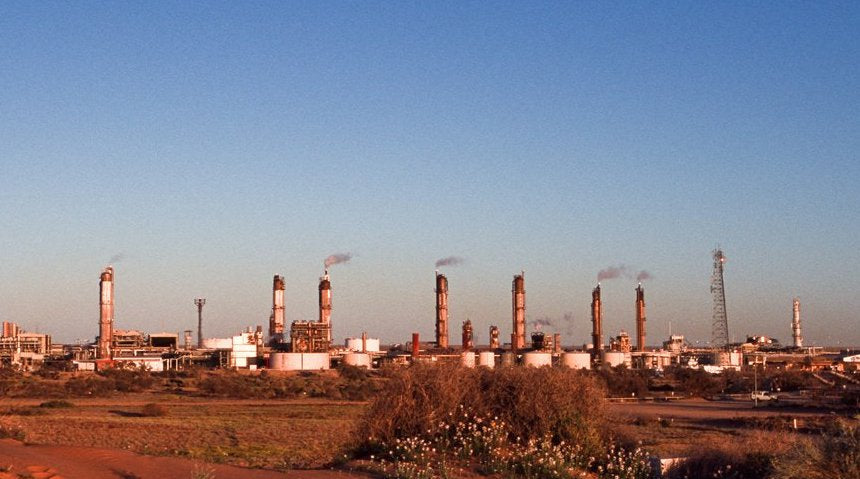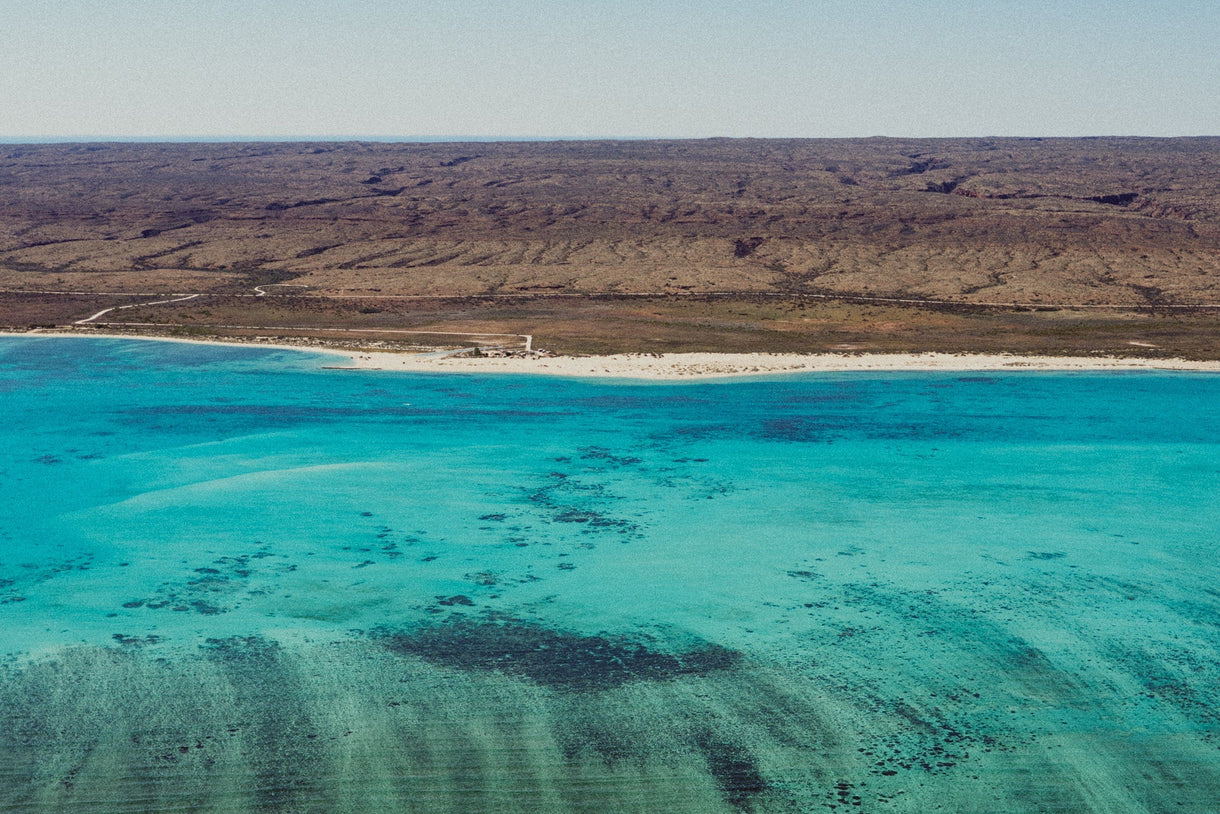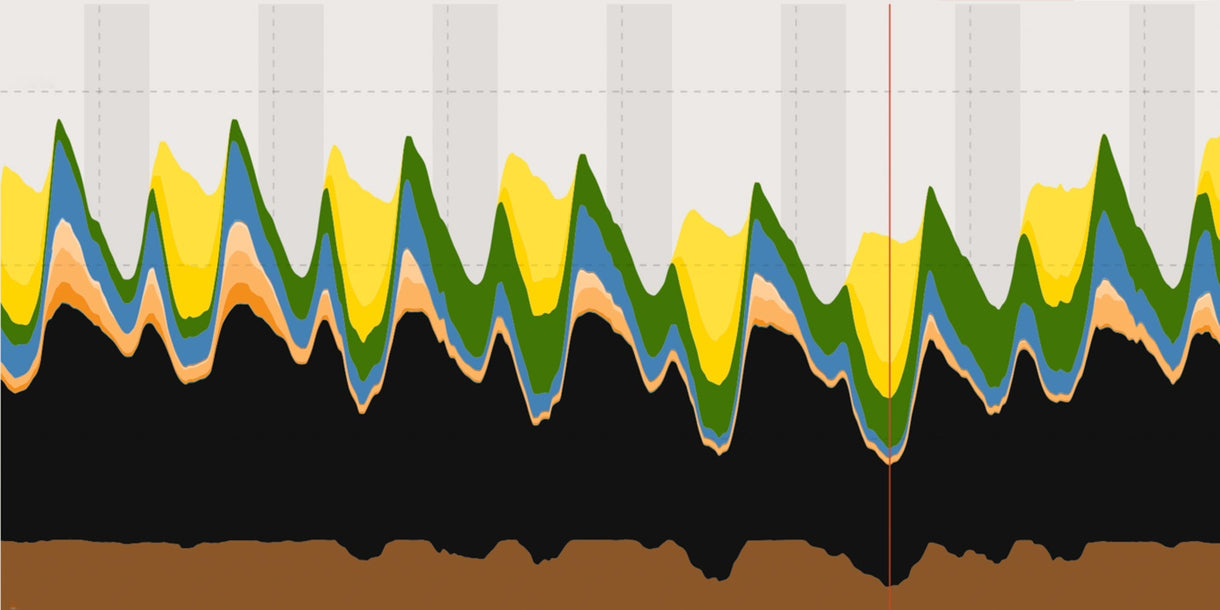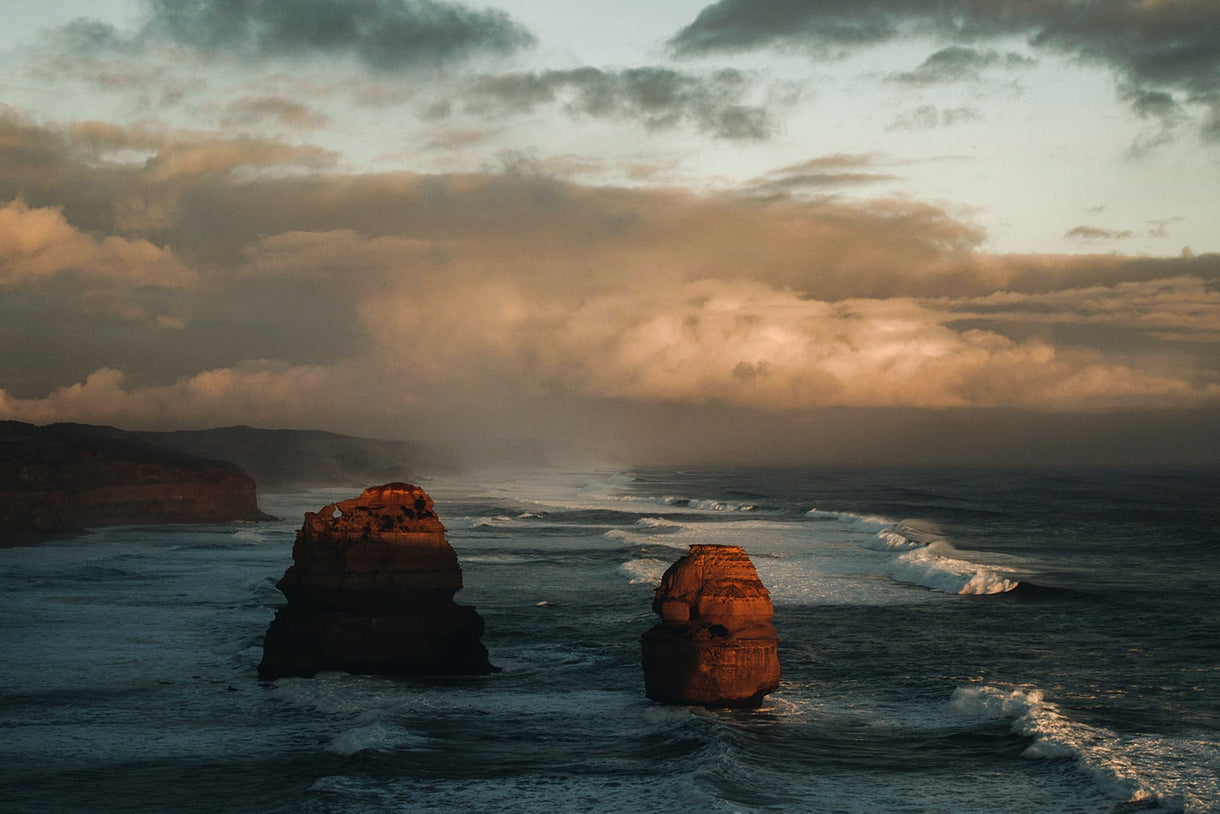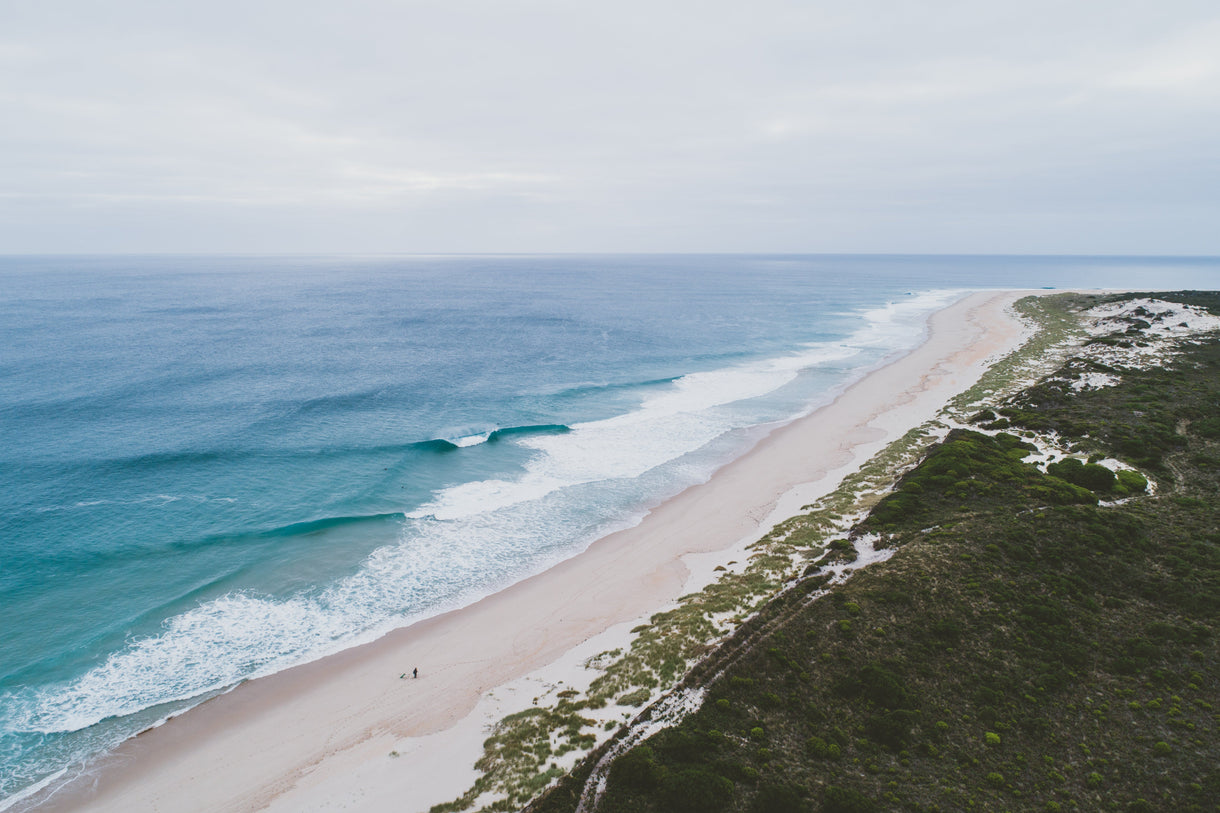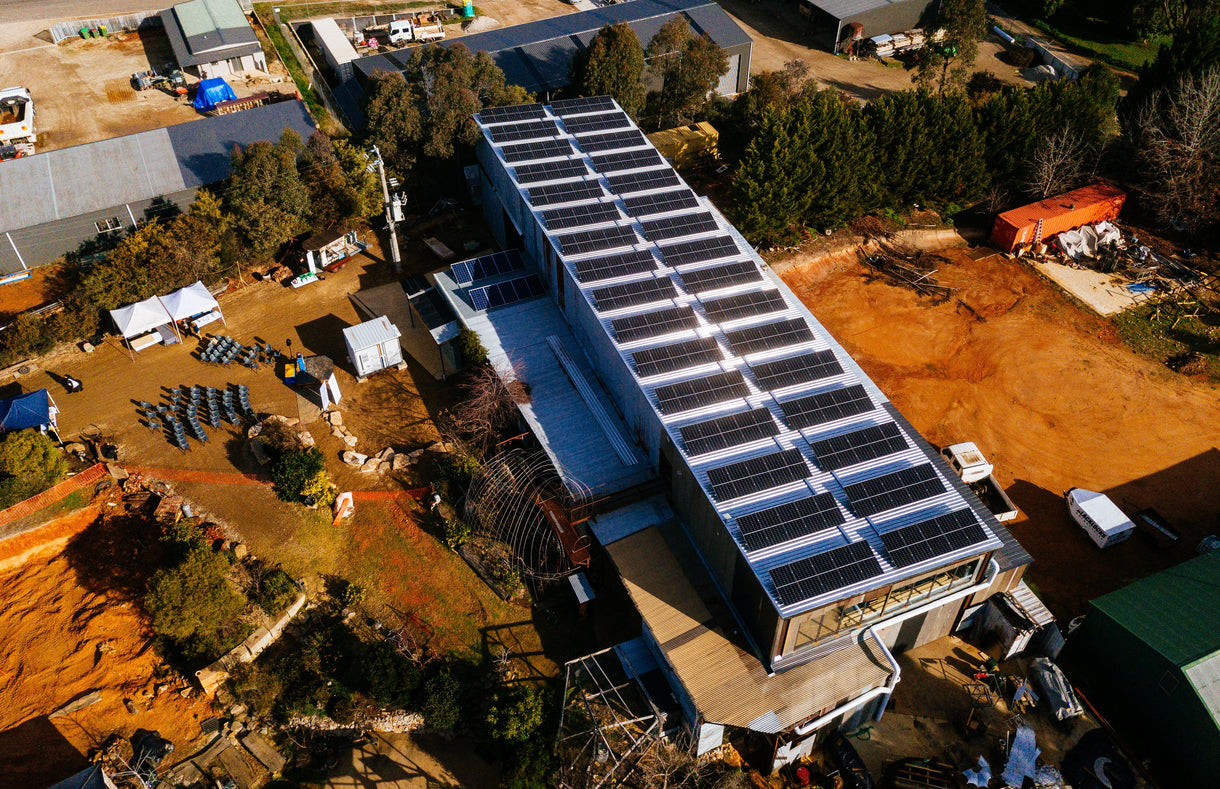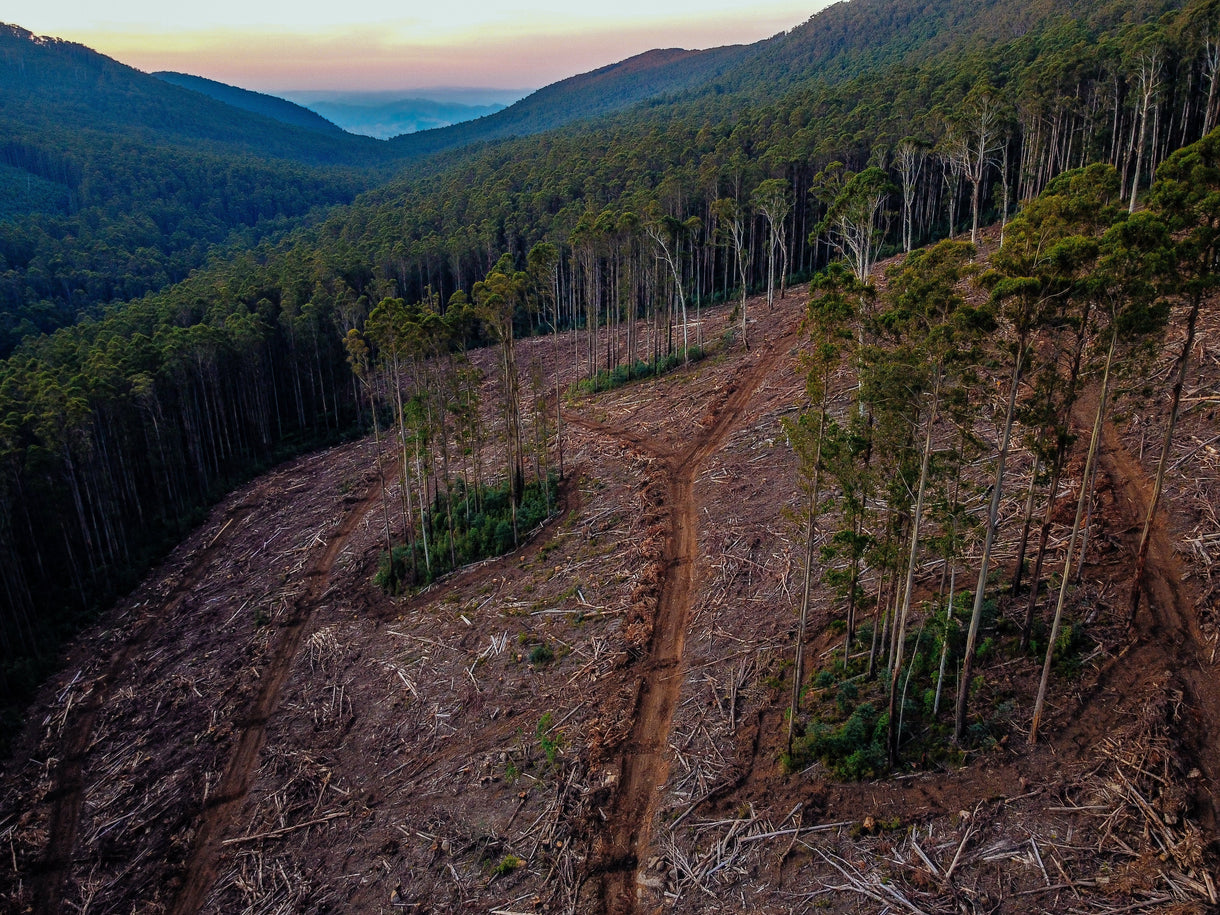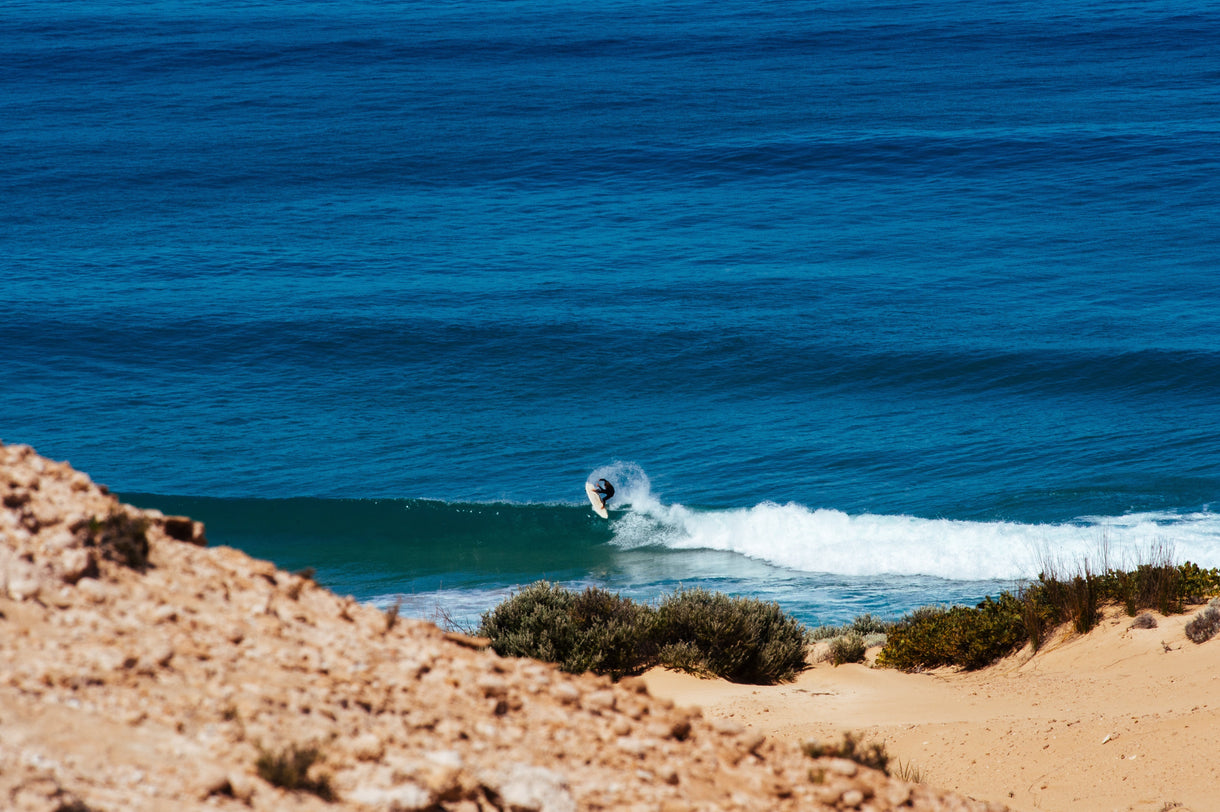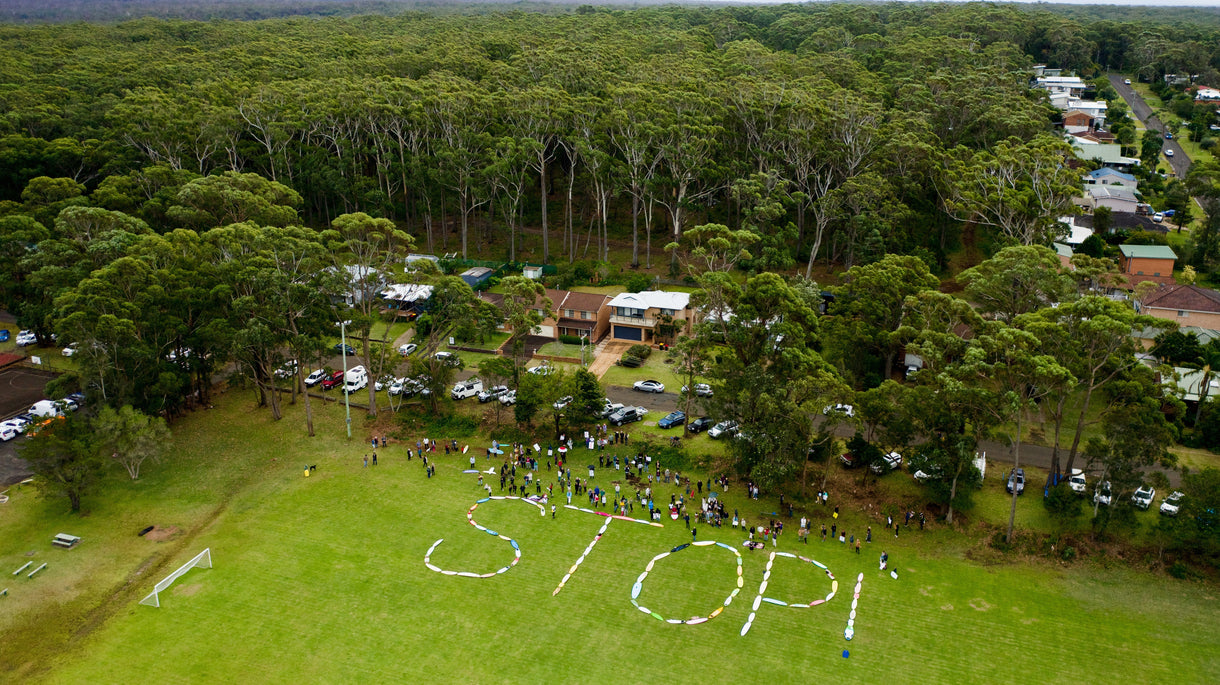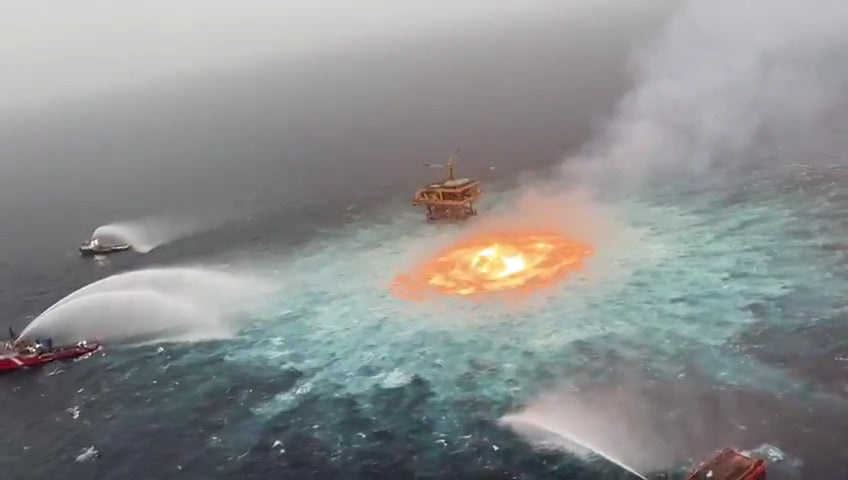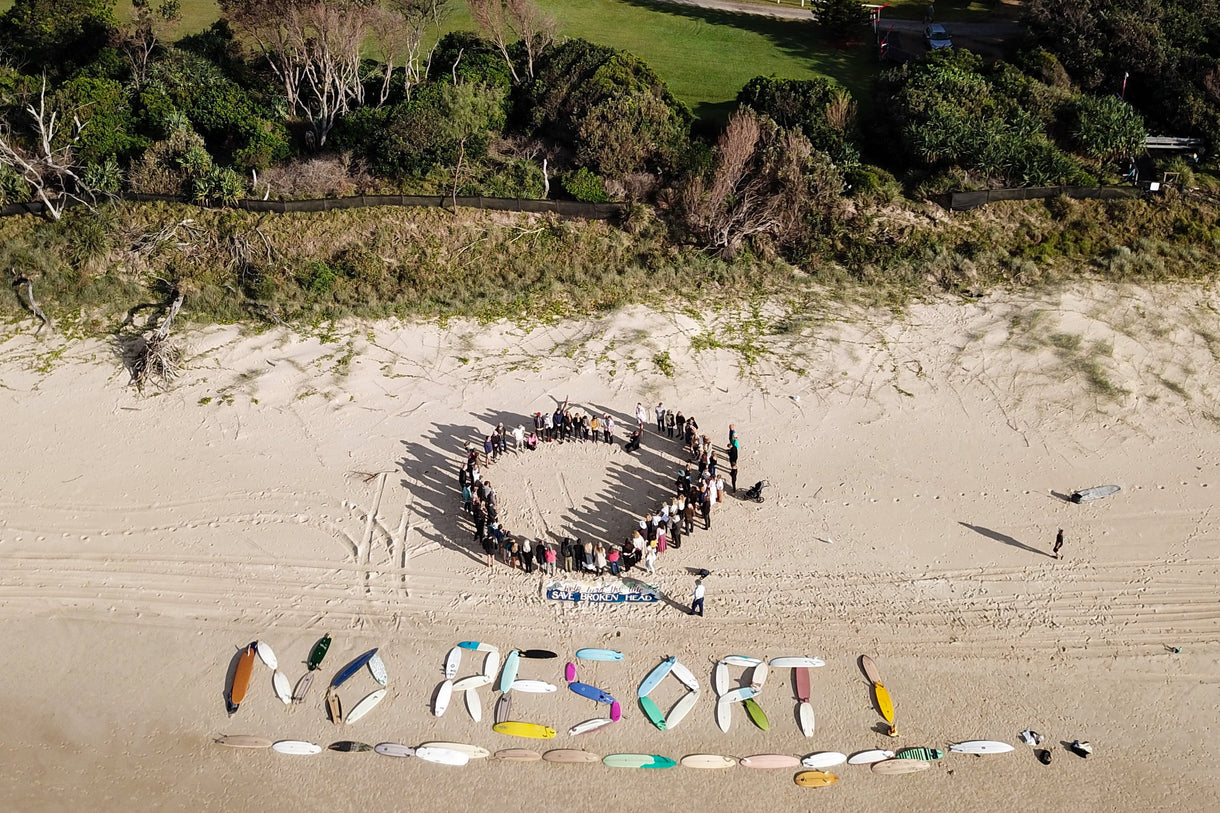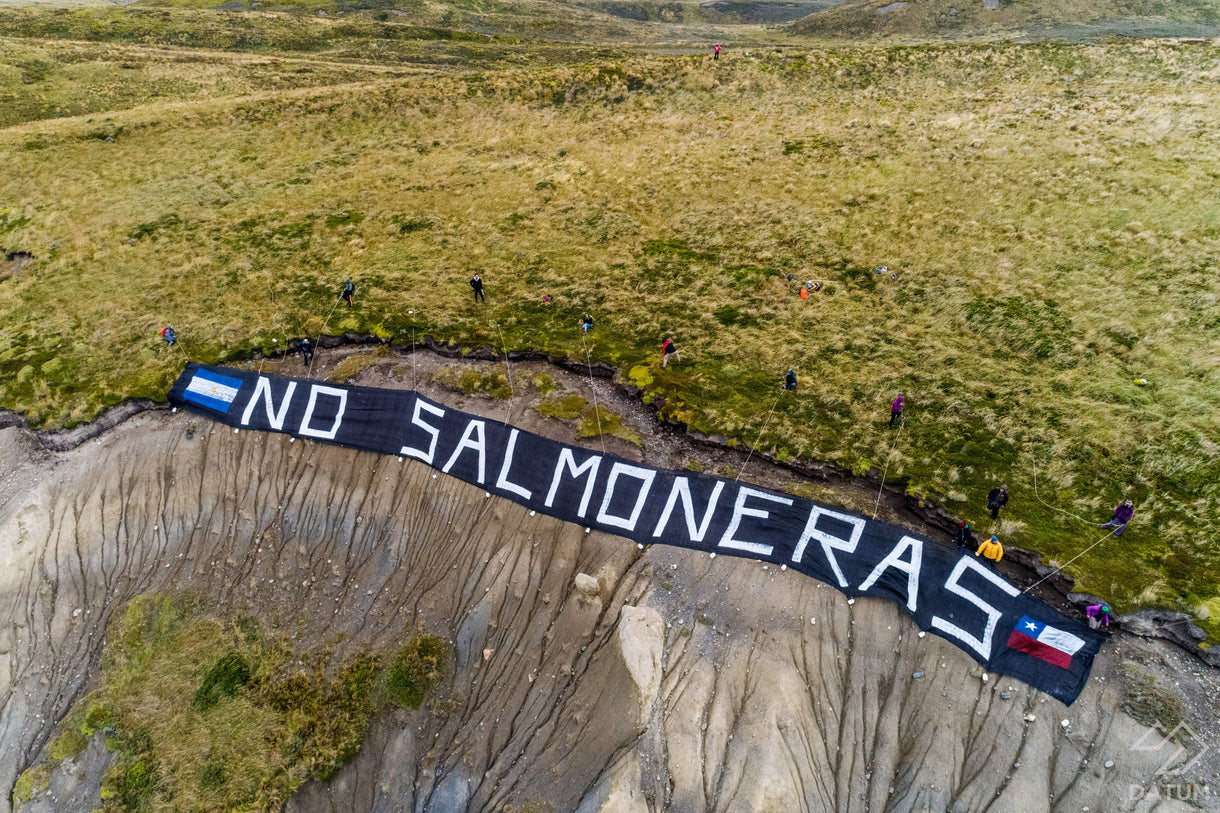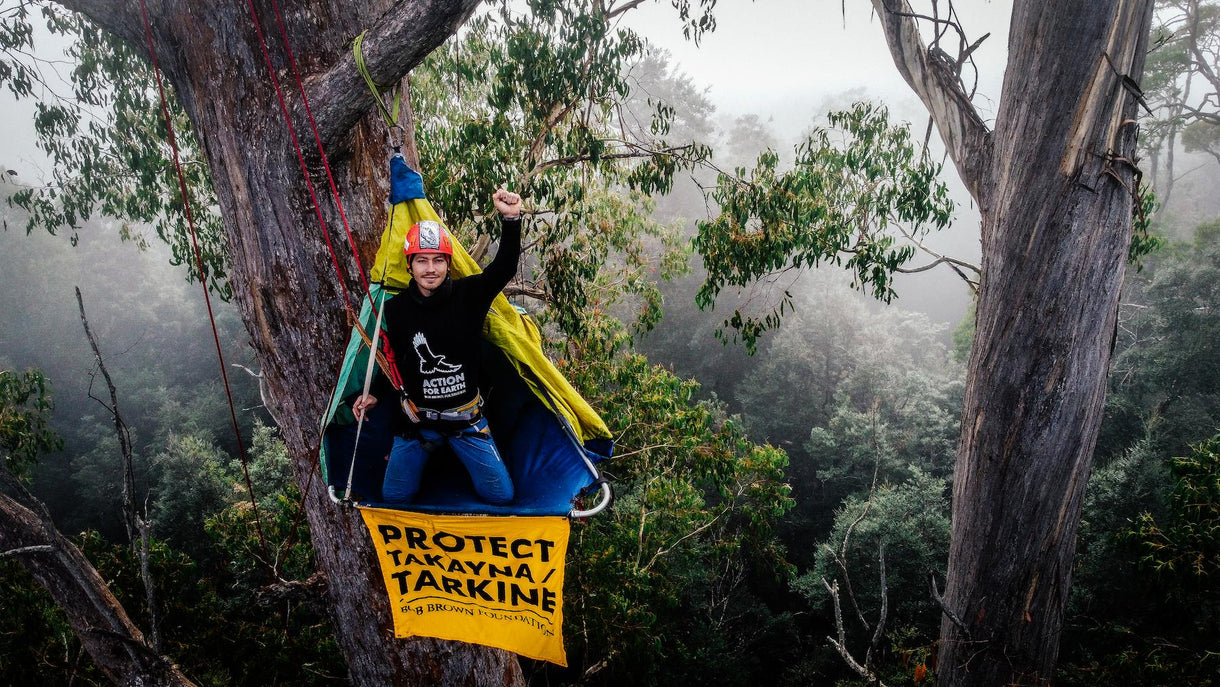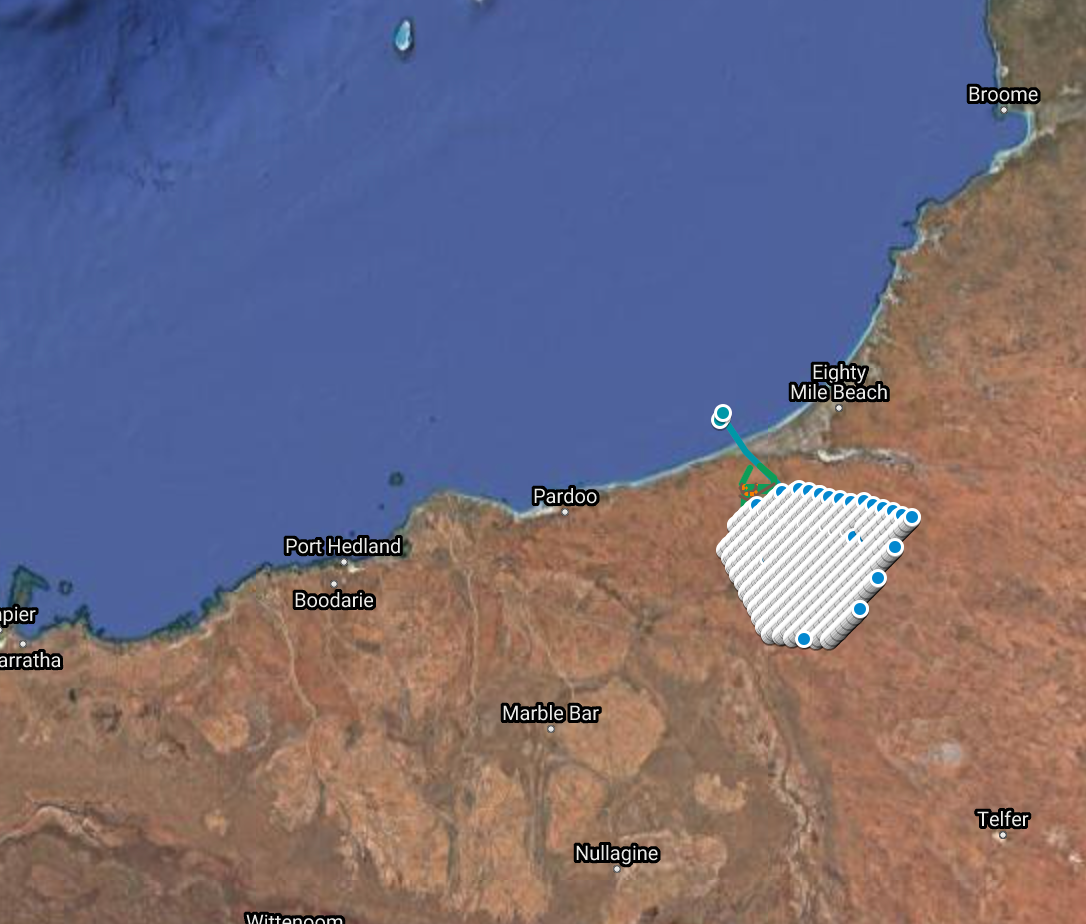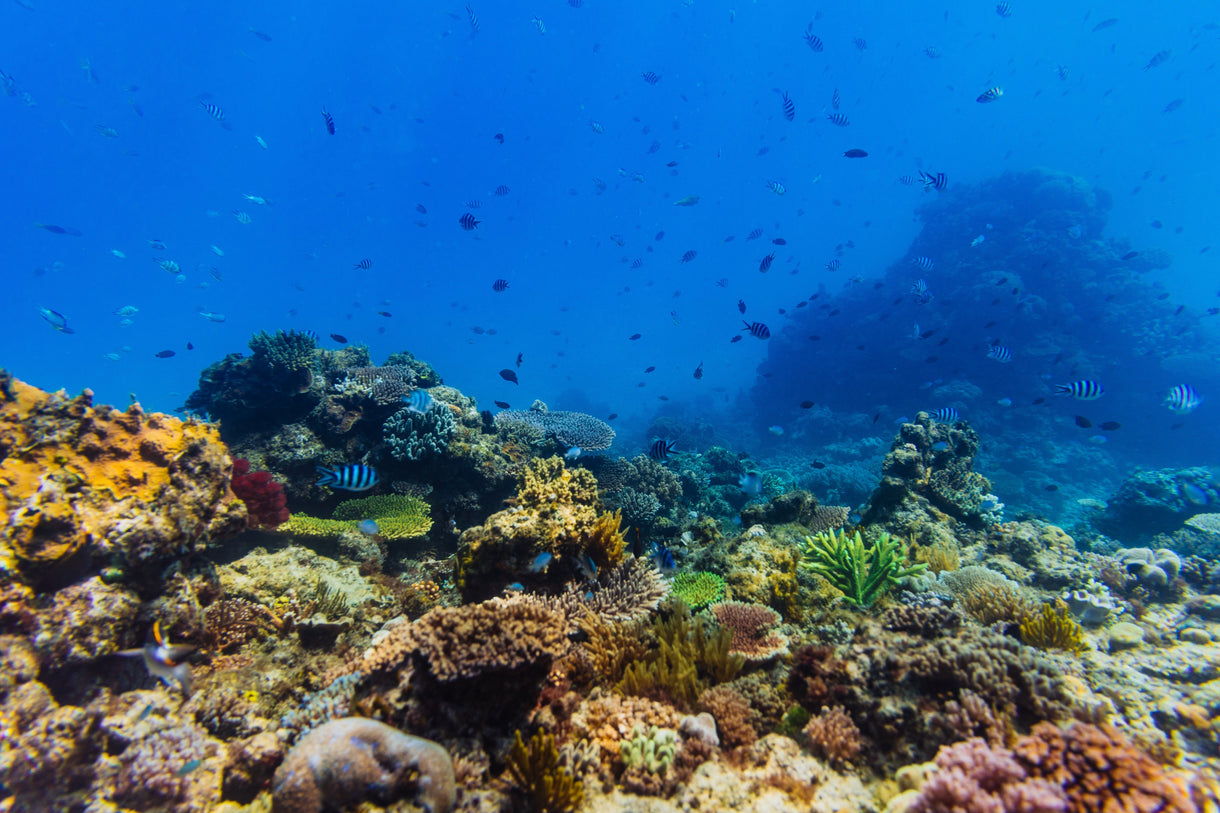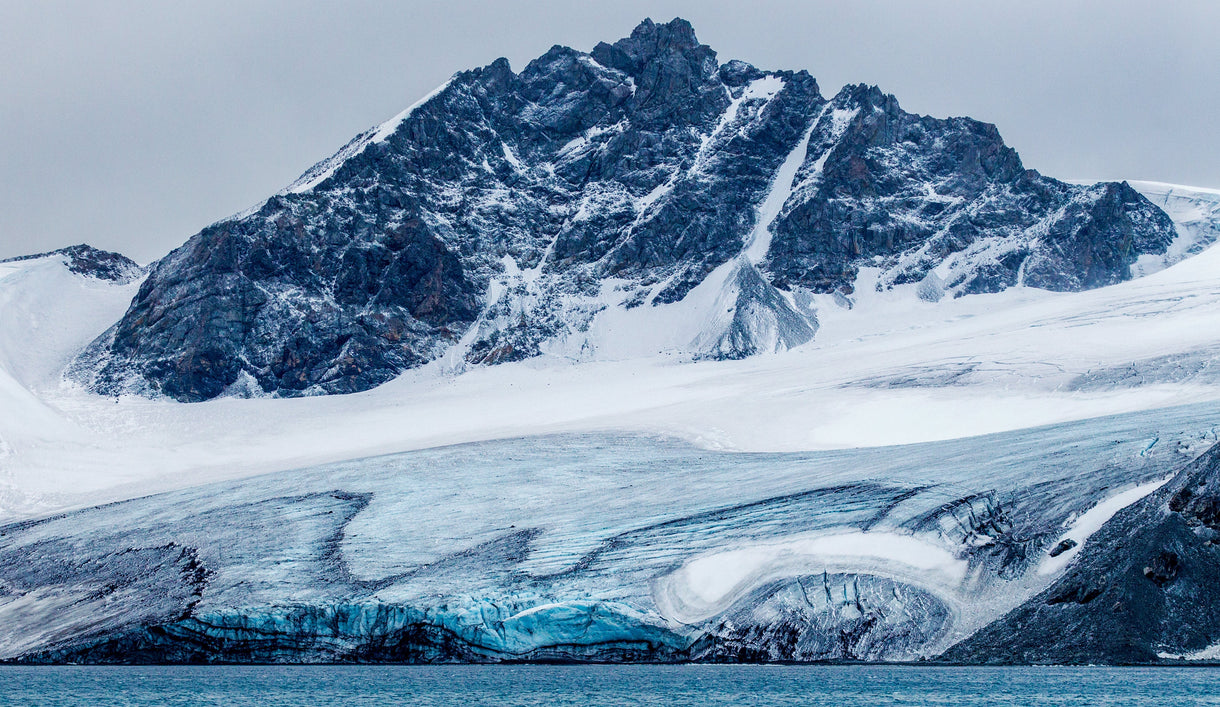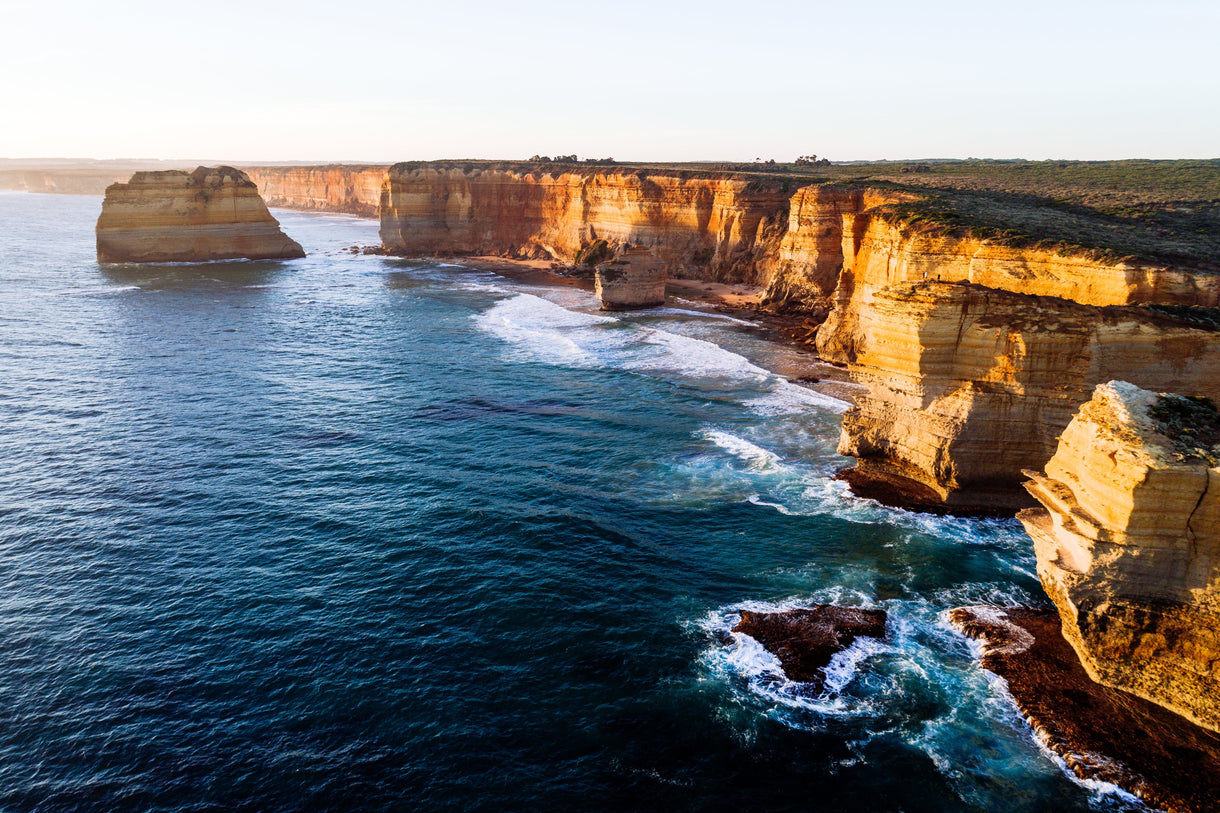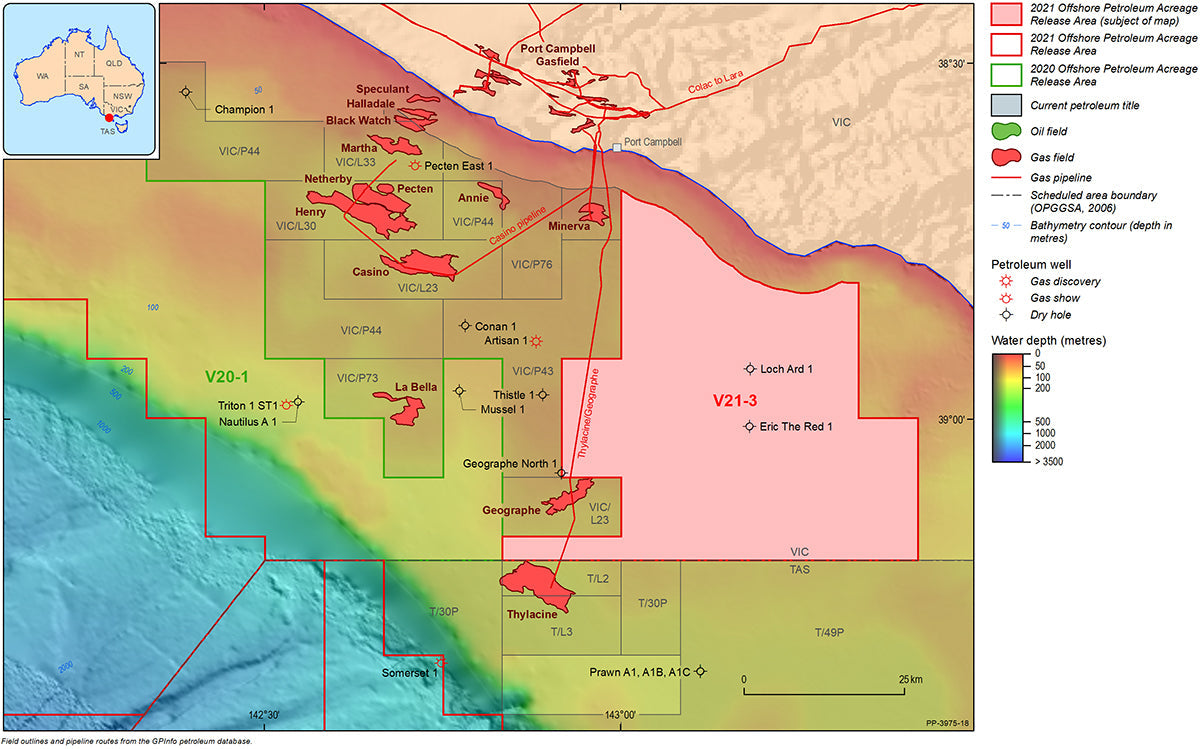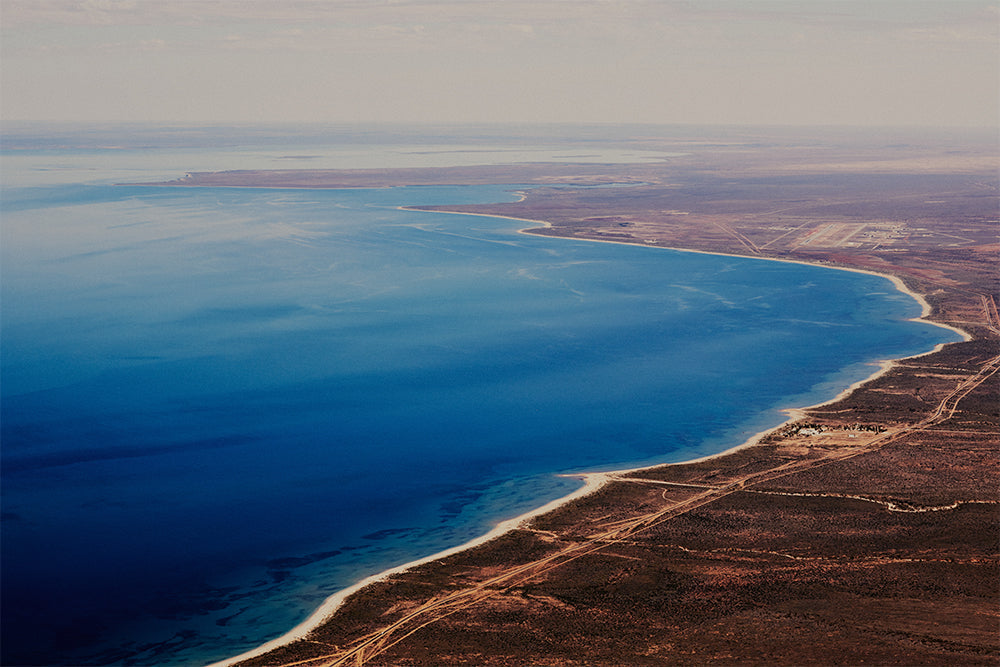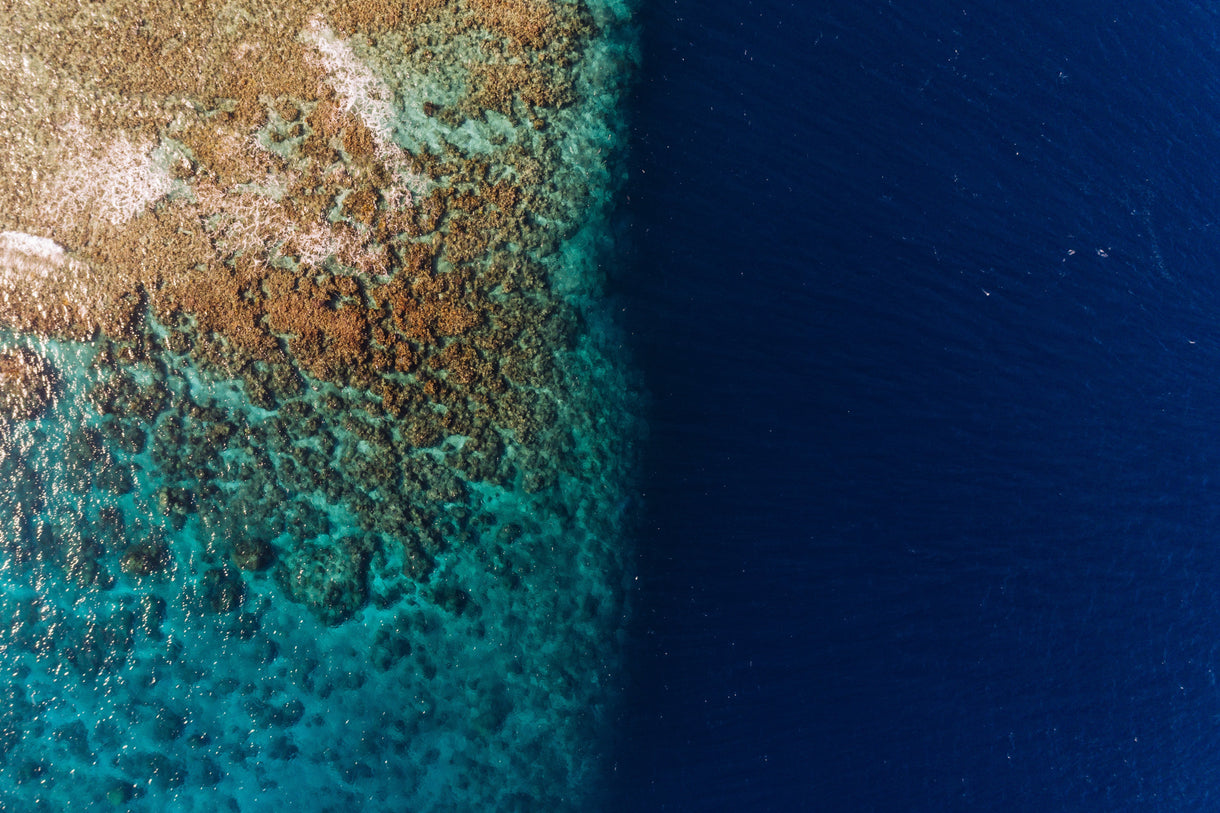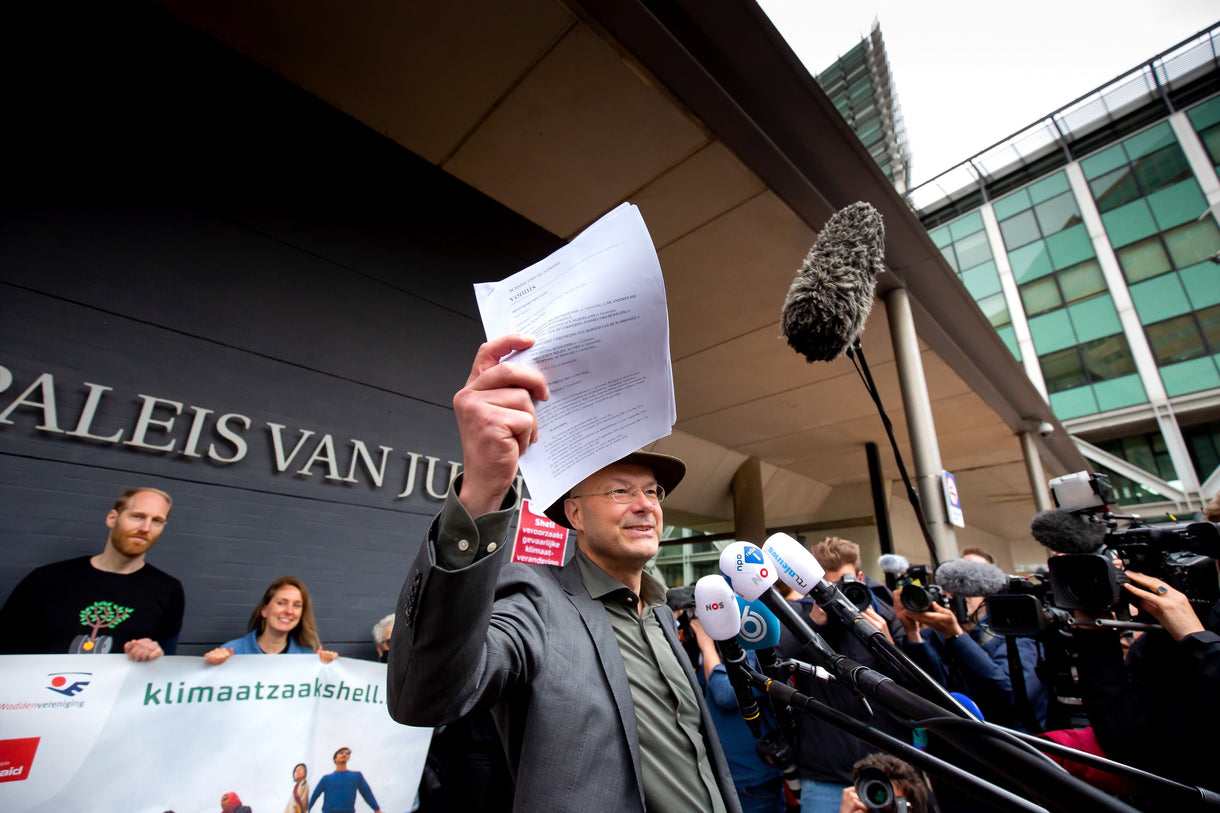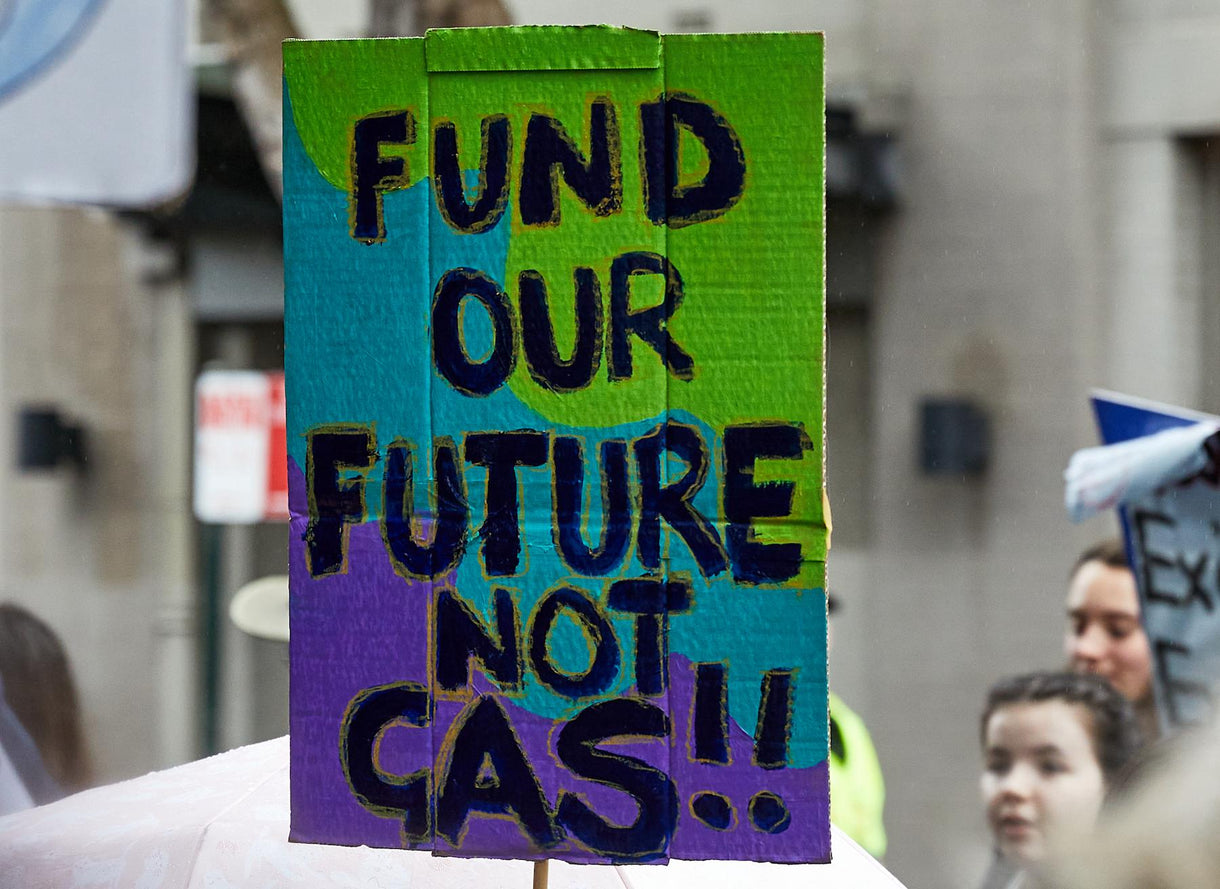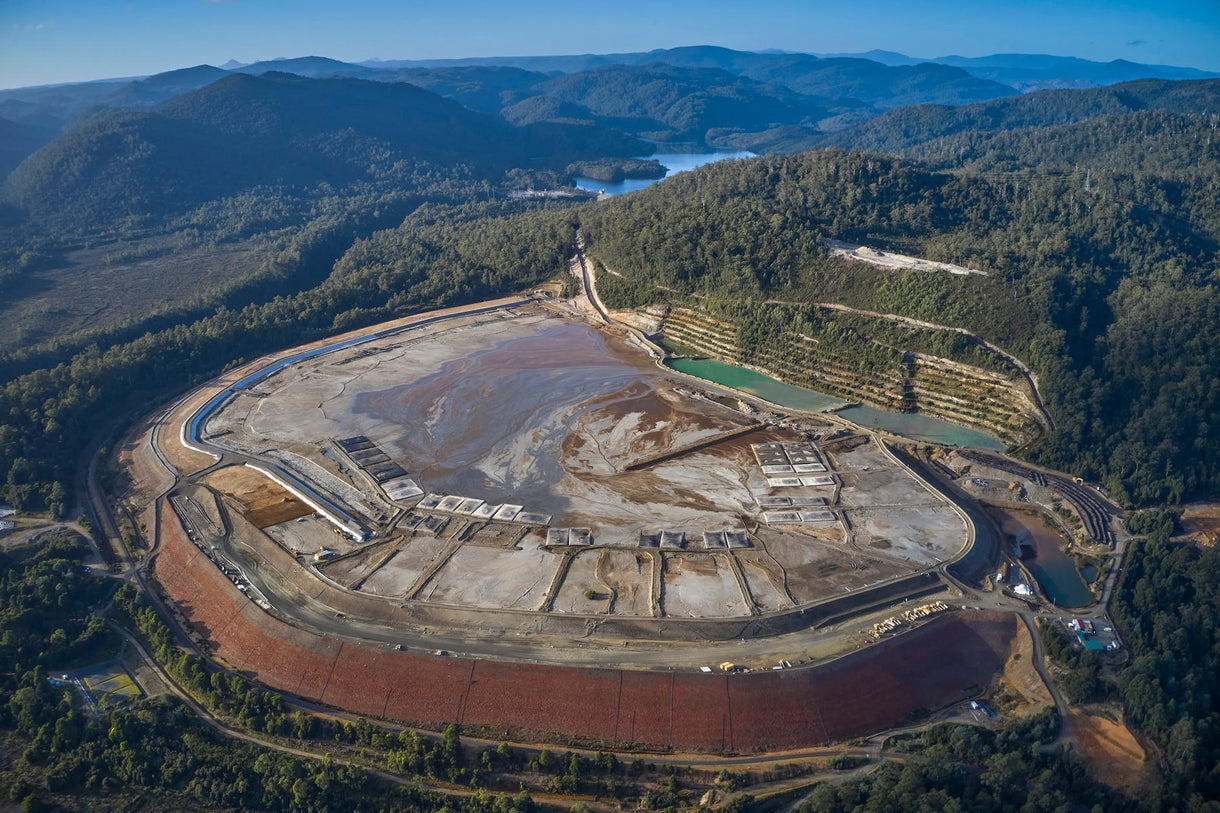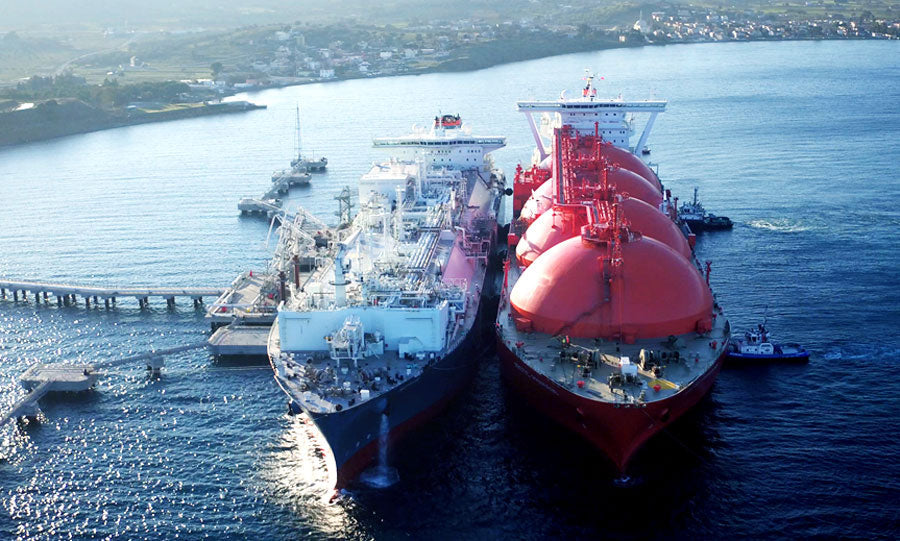In a move described as “shameful but not surprising”, Australia’s Great Barrier Reef faces being officially listed as “in danger” by UNESCO’s World Heritage Committee.
The overnight call by the United Nations cultural body comes ahead of its meeting in China next month. If ratified at the meeting, it would be the first time a natural World heritage site has been listed “in danger” due to the effects of climate change.
Other World Heritage sites include the Taj Mahal (1983) and Uluru (2007). In return for World Heritage listing, host countries must ensure “that effective and active measures are taken for the protection, conservation and presentation of the cultural and natural heritage situated on its territory.”
The UN body and the Australian government have been at loggerheads for a number of years over the Reef’s status. The Great Barrier Reef was first listed as a World Heritage site back in 1981, but in recent years several coral bleaching episodes, caused largely by rising ocean temperatures, have put the reef on UNESCO’s radar… and the Australian government on notice.
“Australia is quickly becoming an international pariah on climate action and the fate of the reef is being seen as symbolic of this”
The Federal Environment Minister, Sussan Ley claimed Australia had been “blindsided” by the UN’s call overnight, although this is hardly a recent issue. Threats to officially class the reef as endangered date back almost a decade, yet Ley describes developments overnight as a “backflip on previous assurances” that the reclassification wouldn’t happen this year.
The reef is the largest single living organism on earth and an iconic natural asset famous around the world. For it to be officially listed as “in danger” would be a huge loss of face for Australia on the world stage.
Back in 2018 the Federal Government handed over $444 million to the relatively unknown Great Barrier Reef Foundation for the protection of the reef. The donation caused outrage. There was no competitive tender, the group had only six staff, and was supported by BHP and Rio Tinto. A Senate inquiry in 2019 found the risk of the reef losing its World Heritage status was a prime motivator behind the donation. Senator Peter Whish-Wilson chaired the inquiry: “This grant was a desperate attempt to cover up this Government’s legacy of reef mismanagement, years of chronic underfunding and disregard for climate change, in the context of an imminent World Heritage ‘in danger’ listing.”
The timing here is key. Australia is quickly becoming an international pariah on climate action and the fate of the reef is being seen as symbolic of this. As major developed nations line up to commit to net zero carbon emissions by 2050, Australia equivocates, saying net zero by 2050 is “preferable” but offering no commitments. All the while huge fossil fuel projects continue to be approved and developed right around the country.
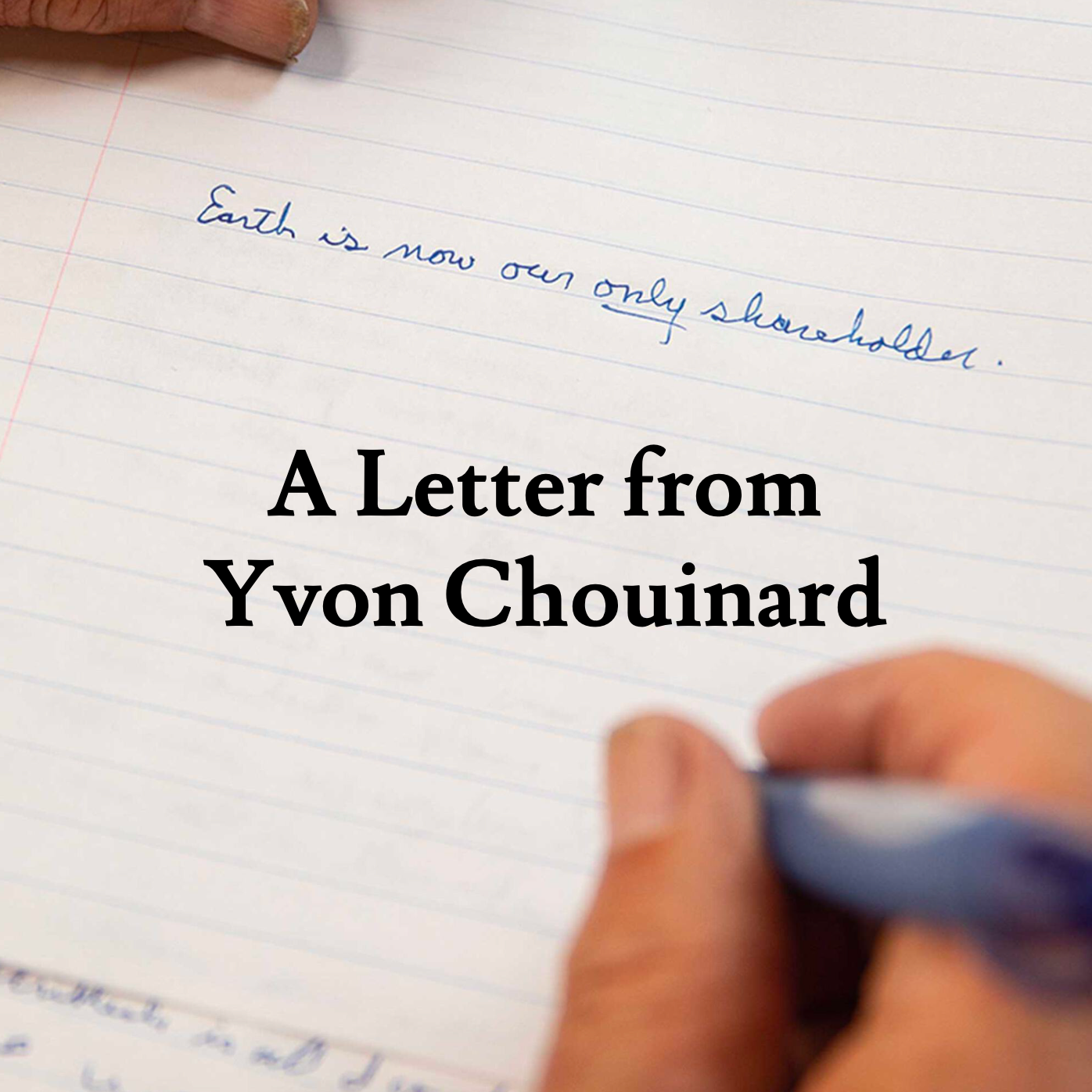
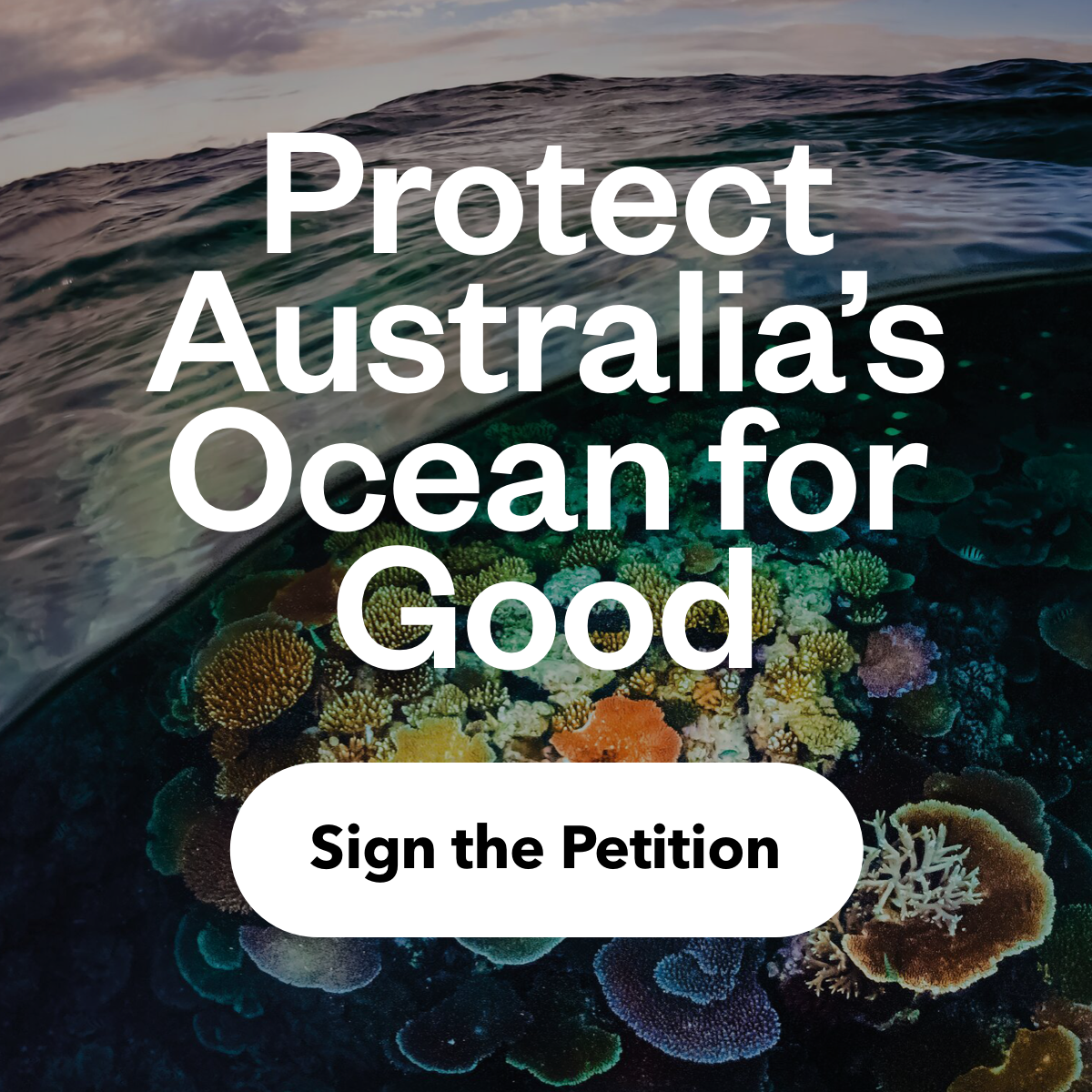

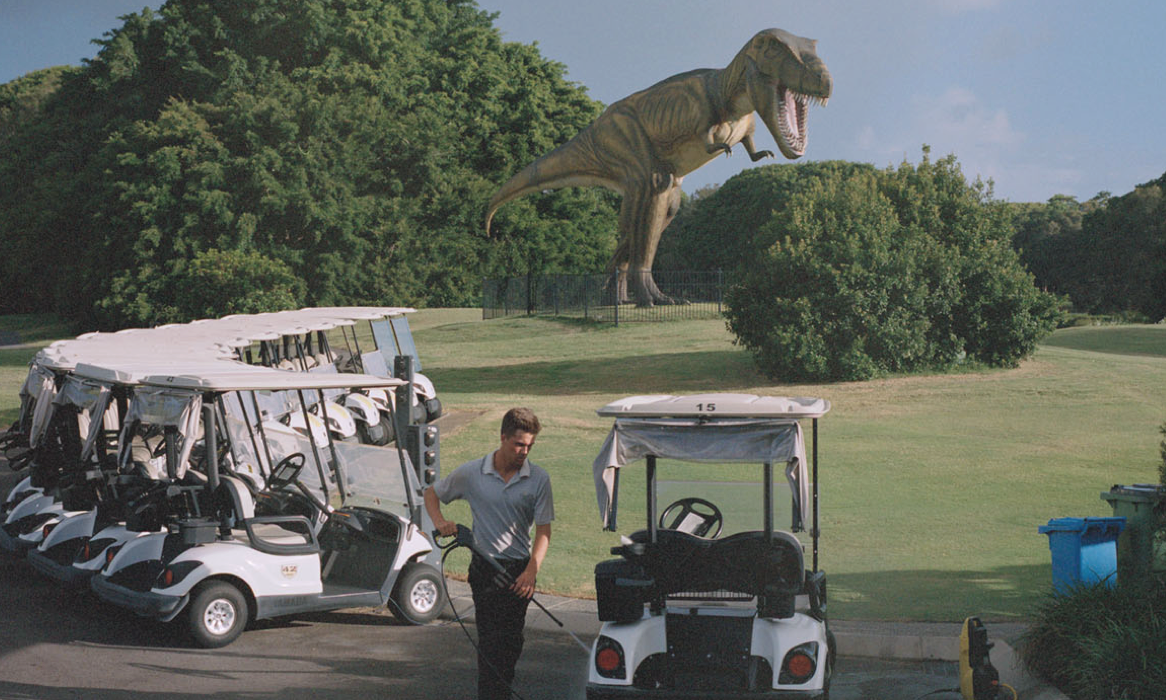
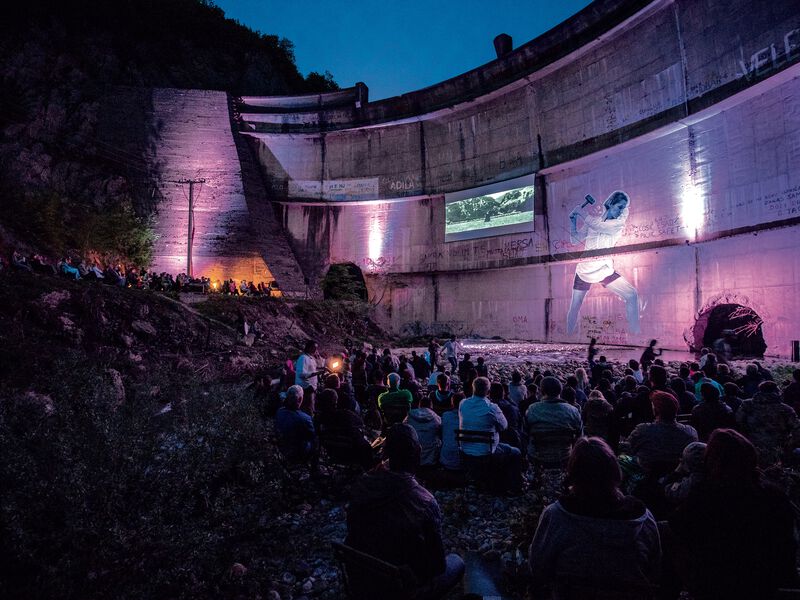












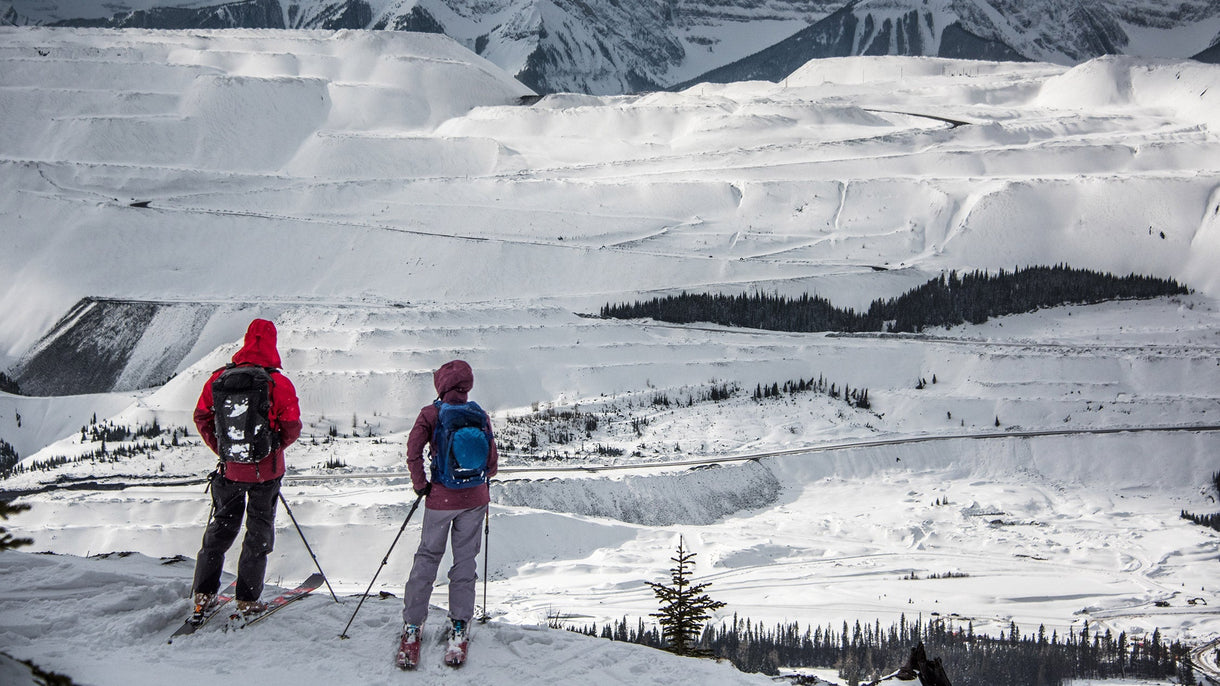

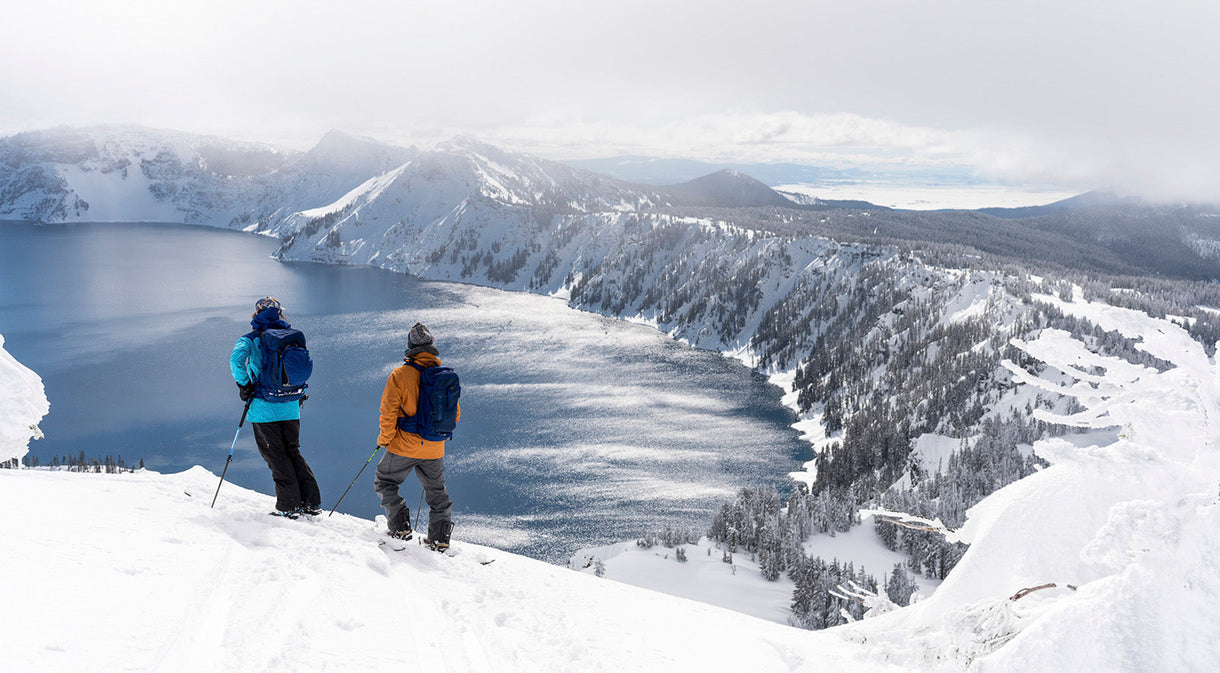


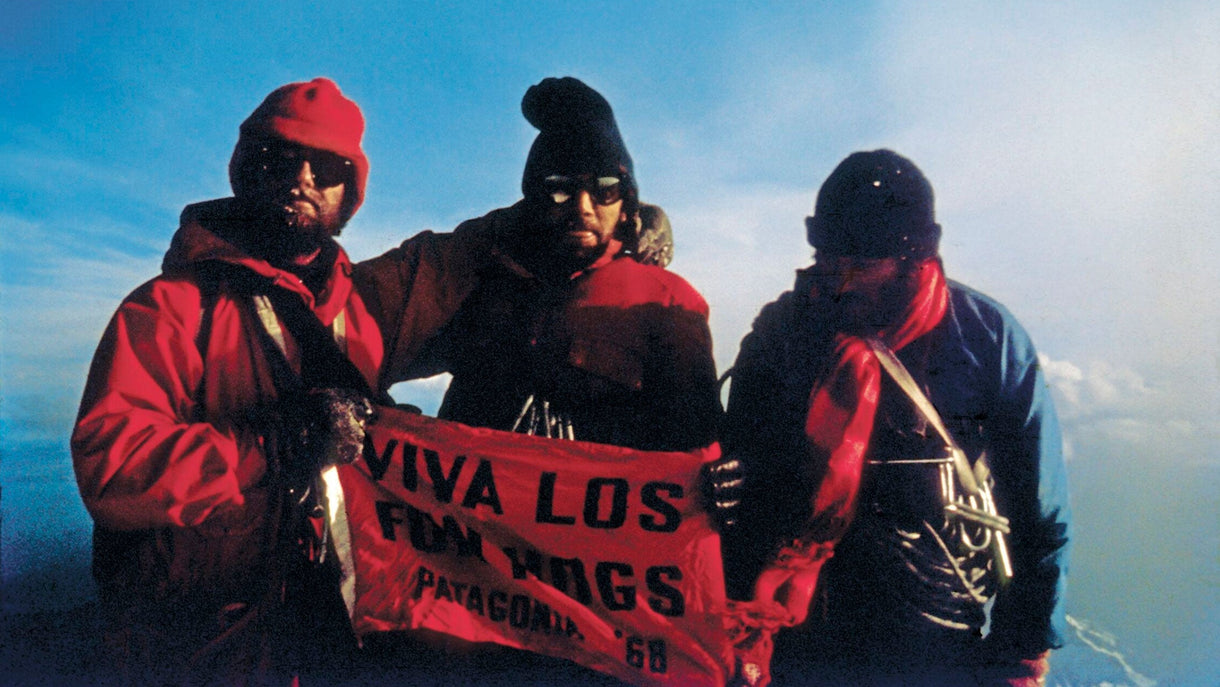
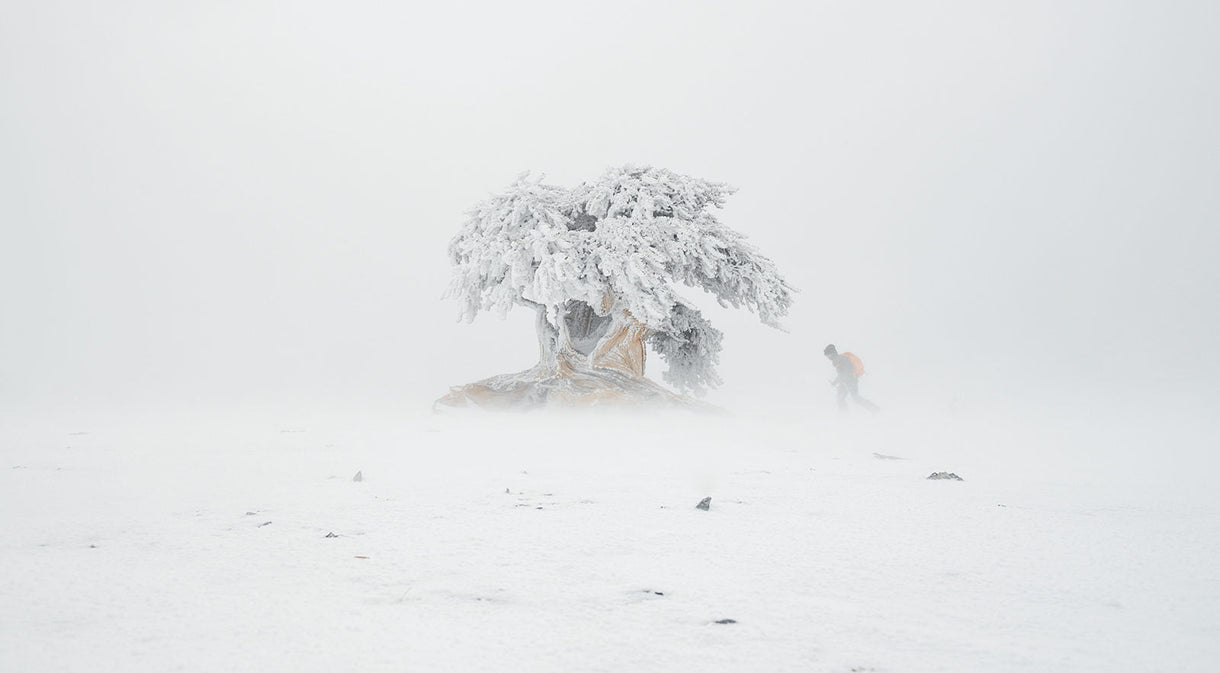


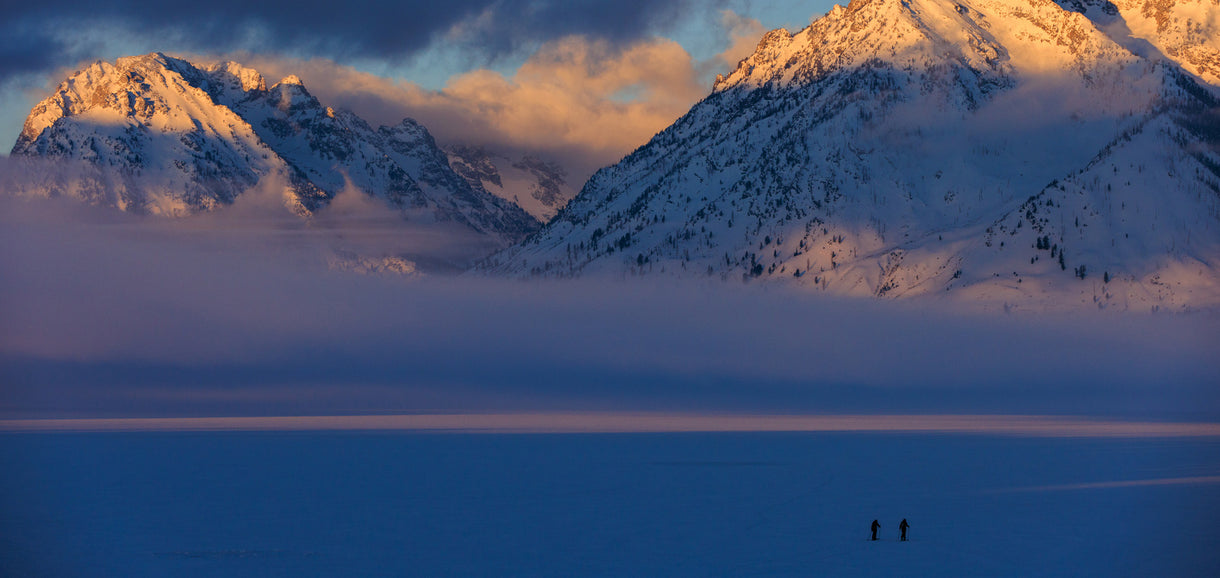





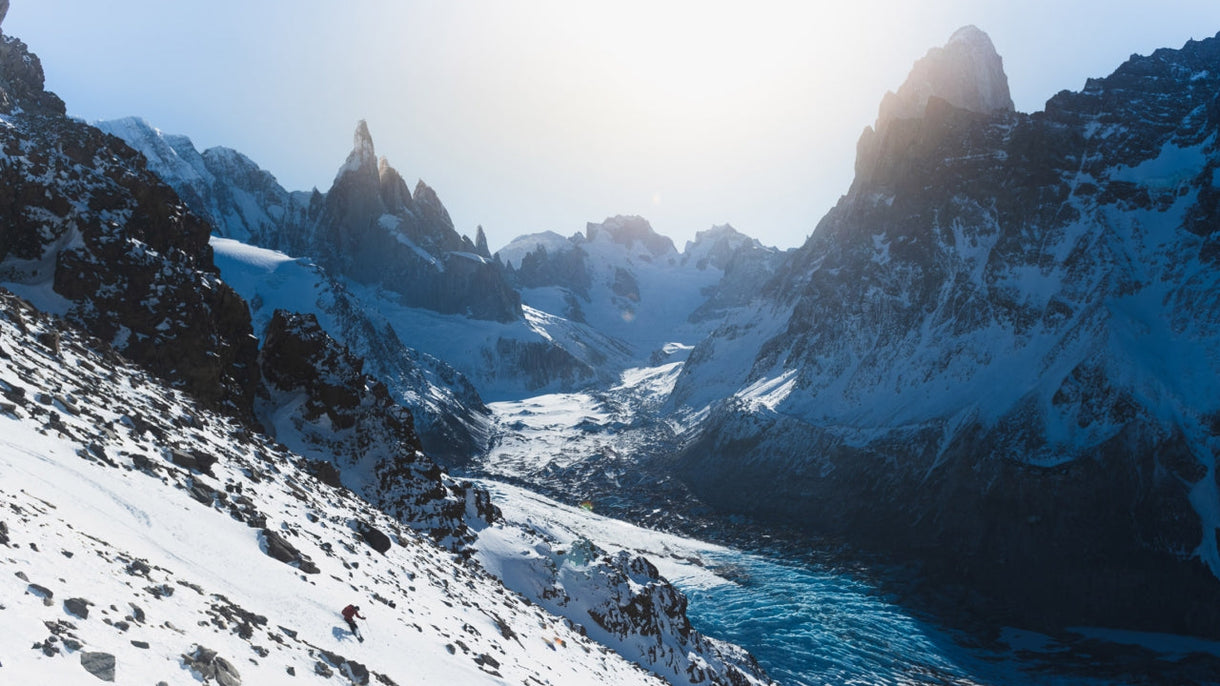









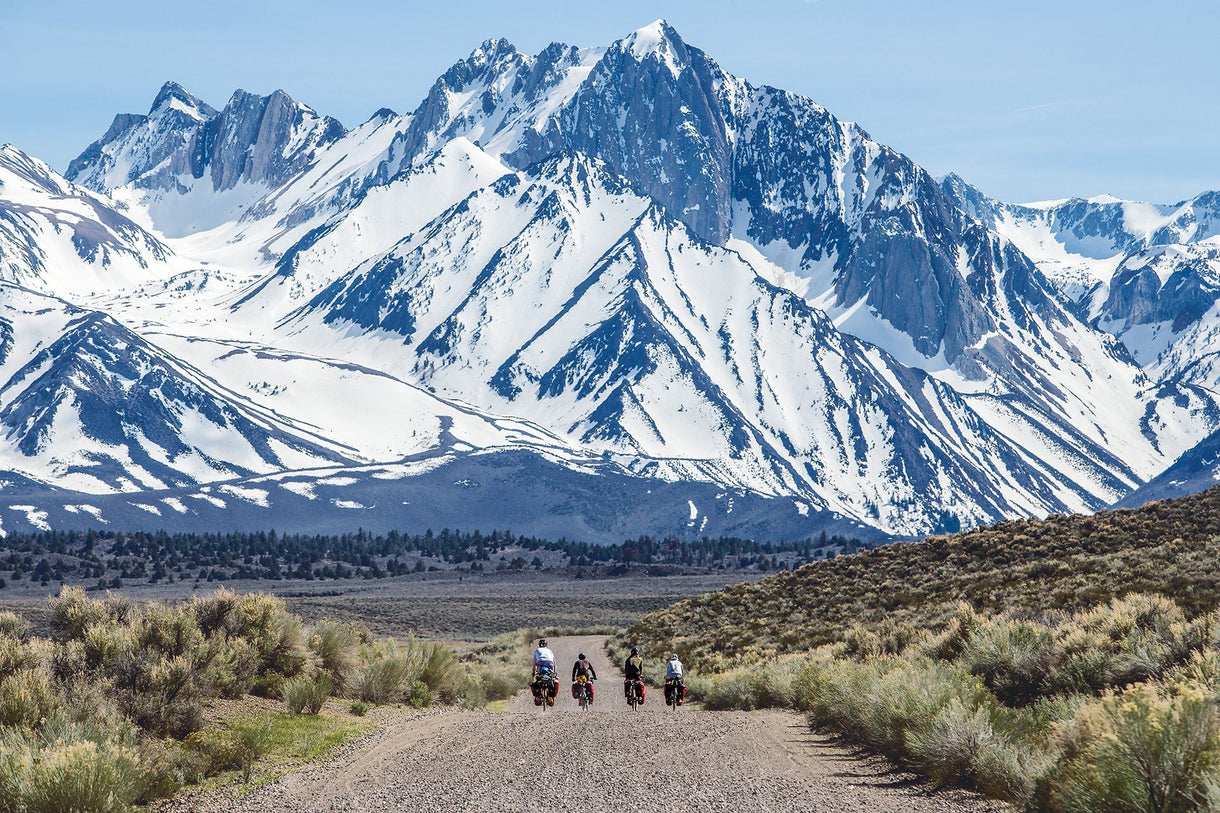
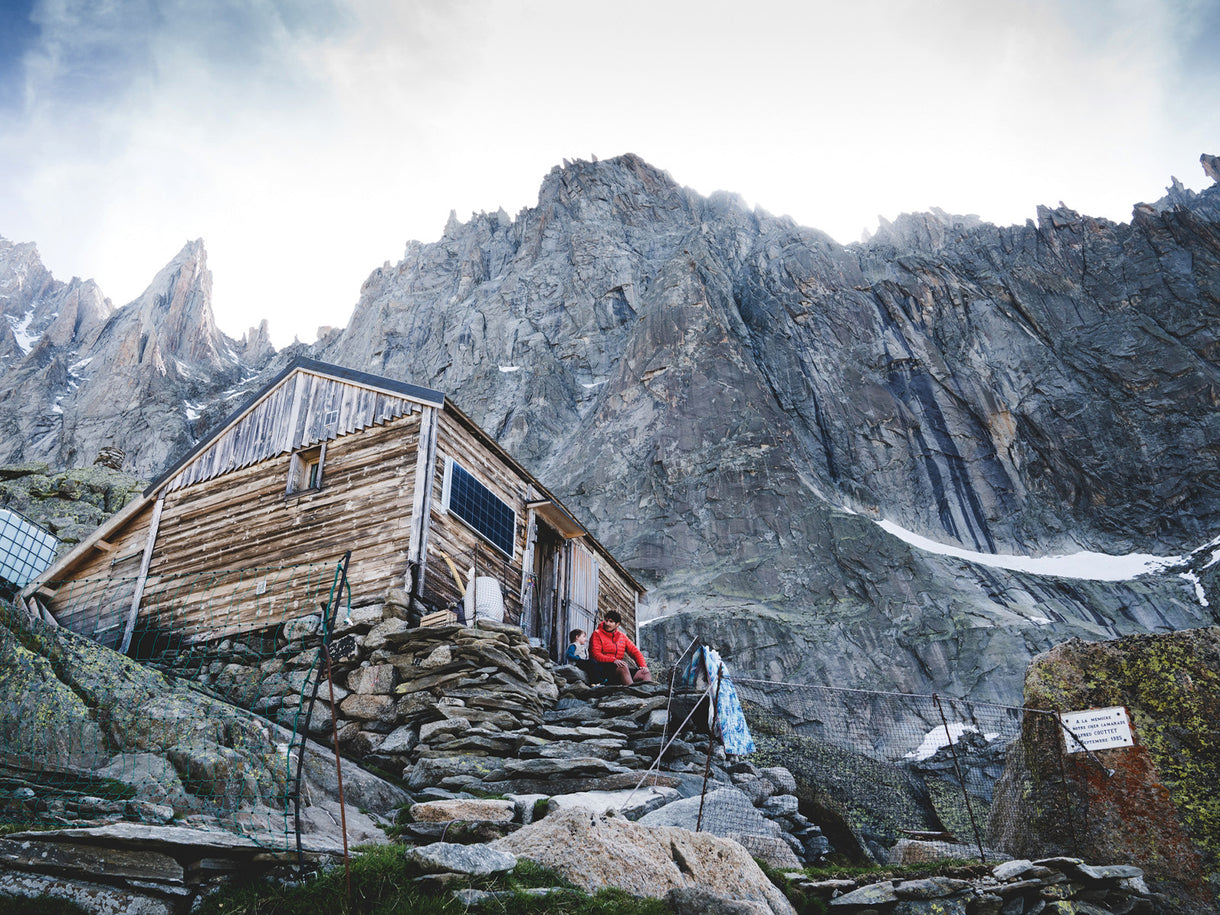



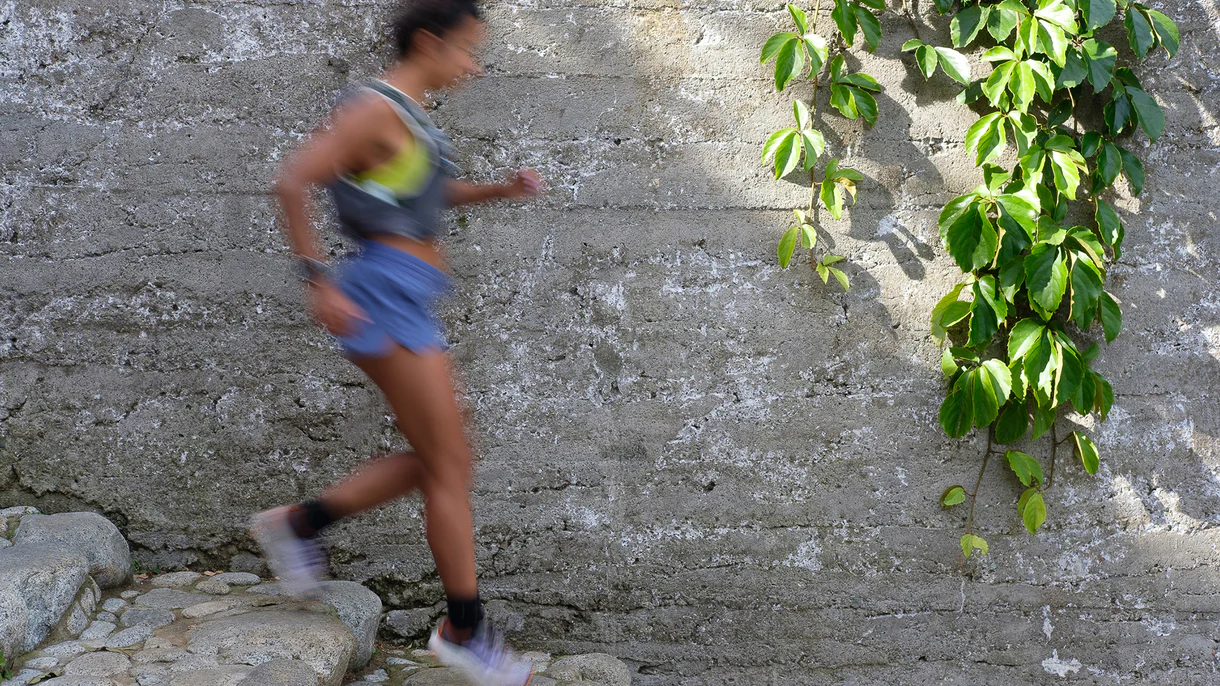

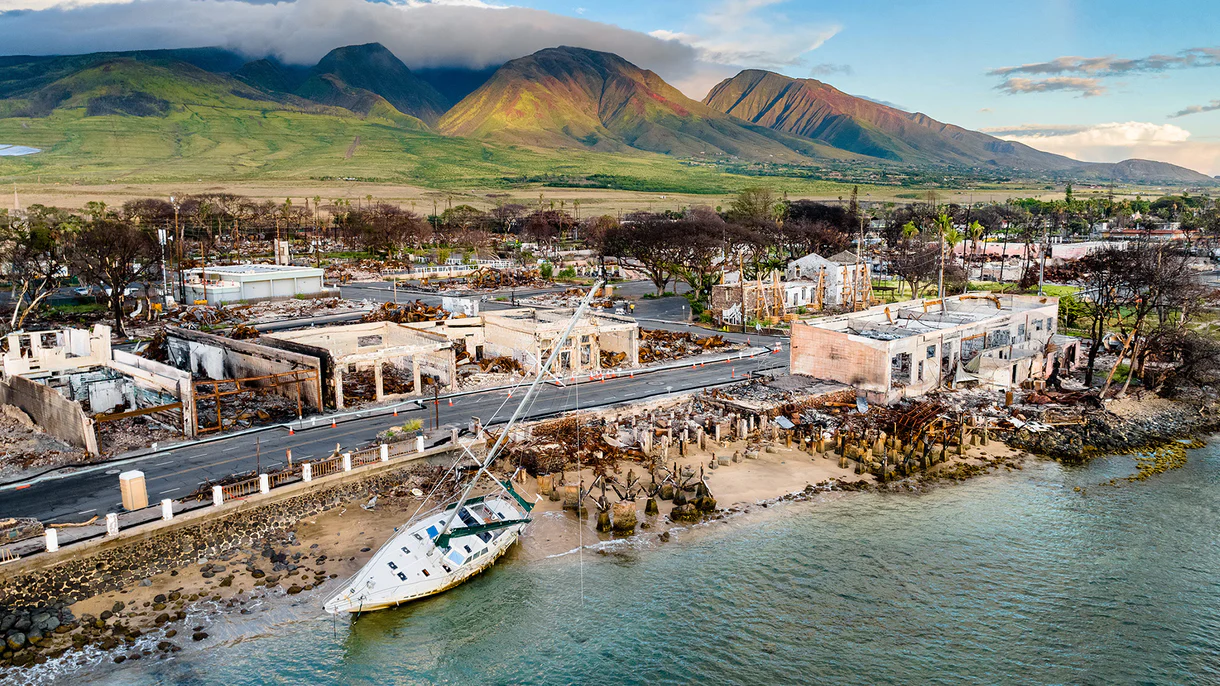

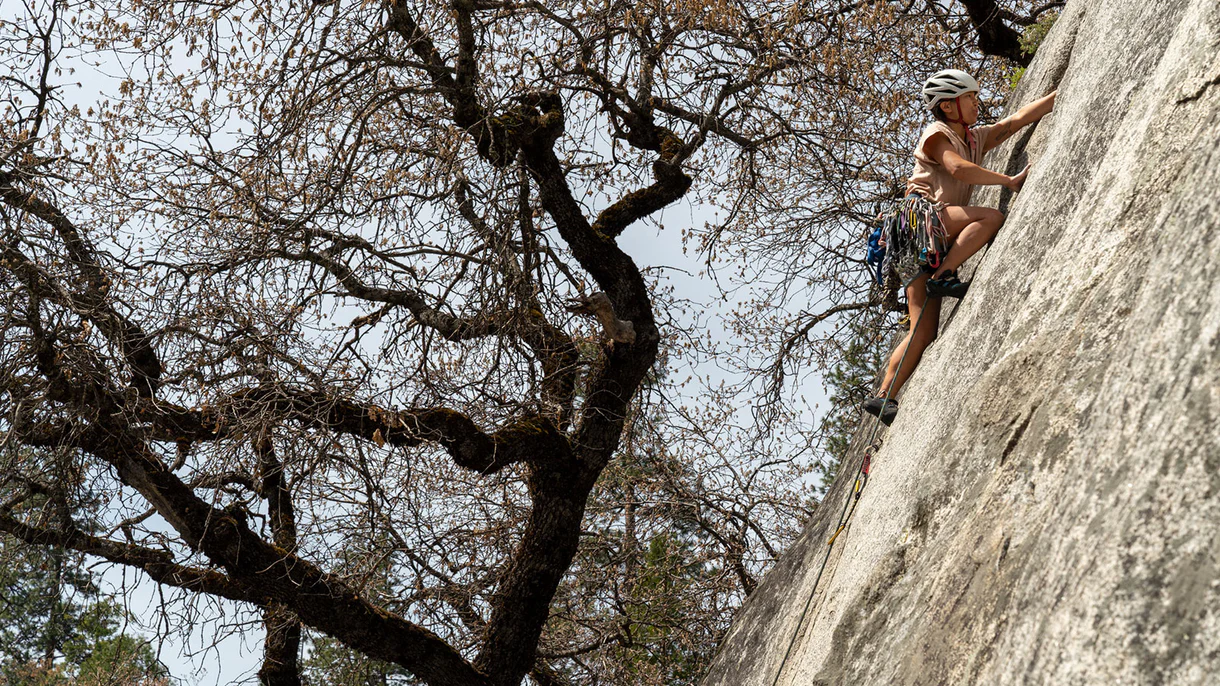



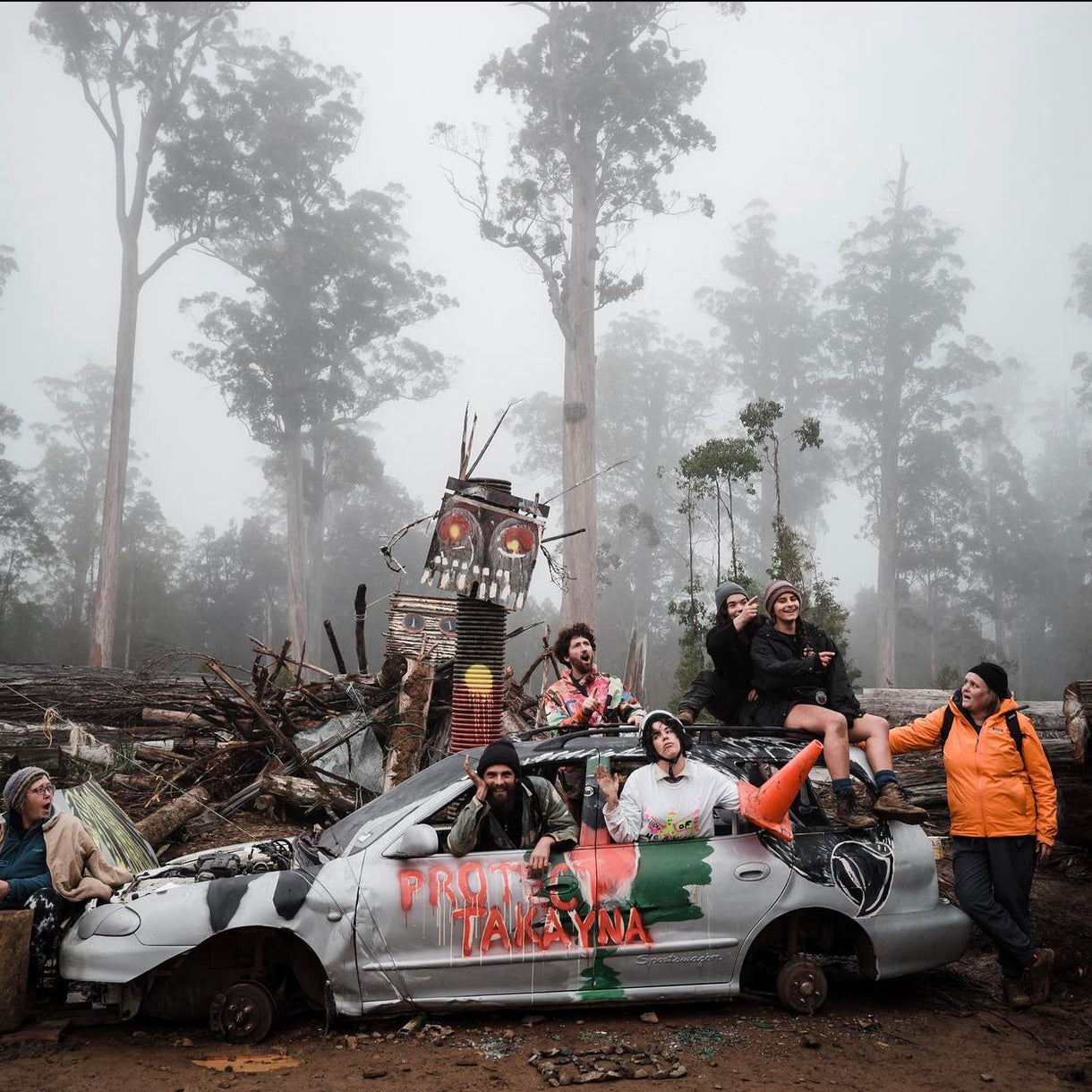
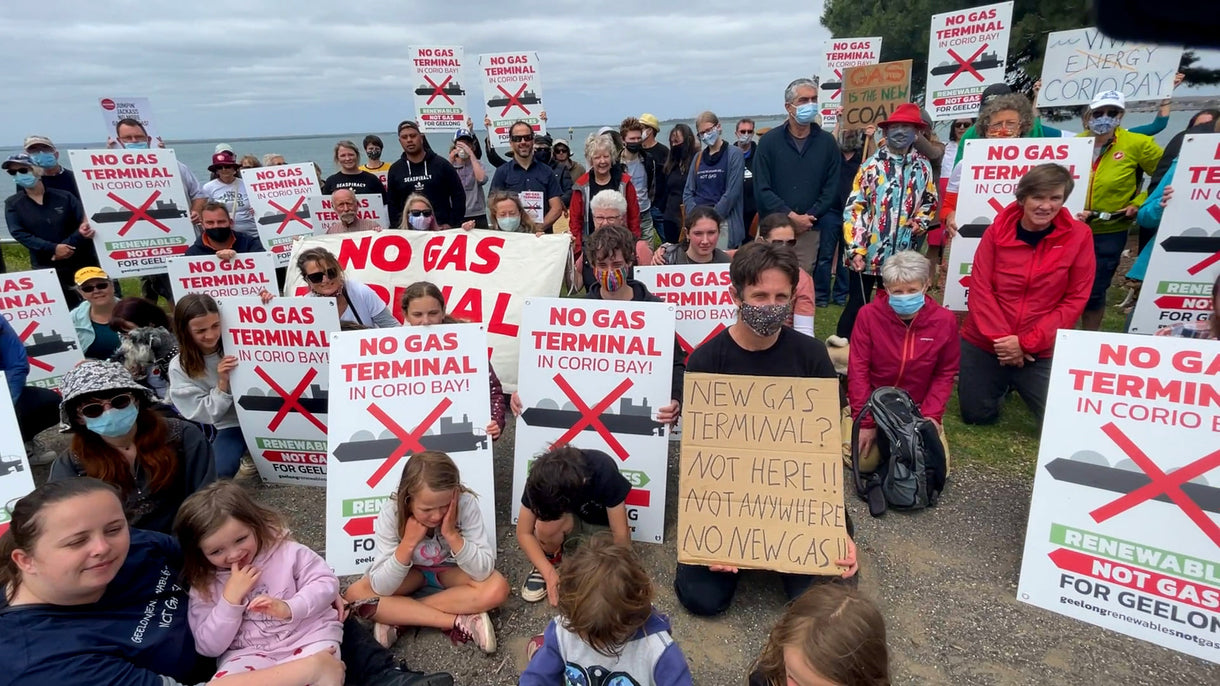
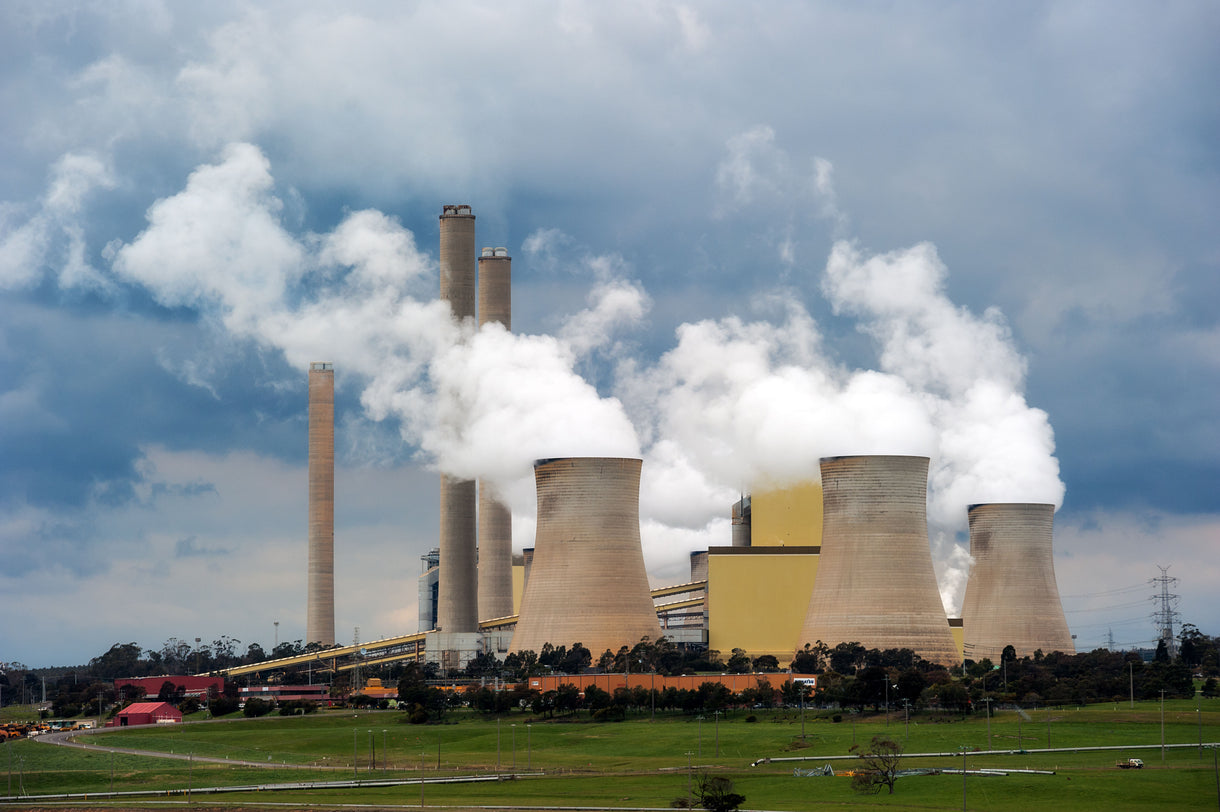
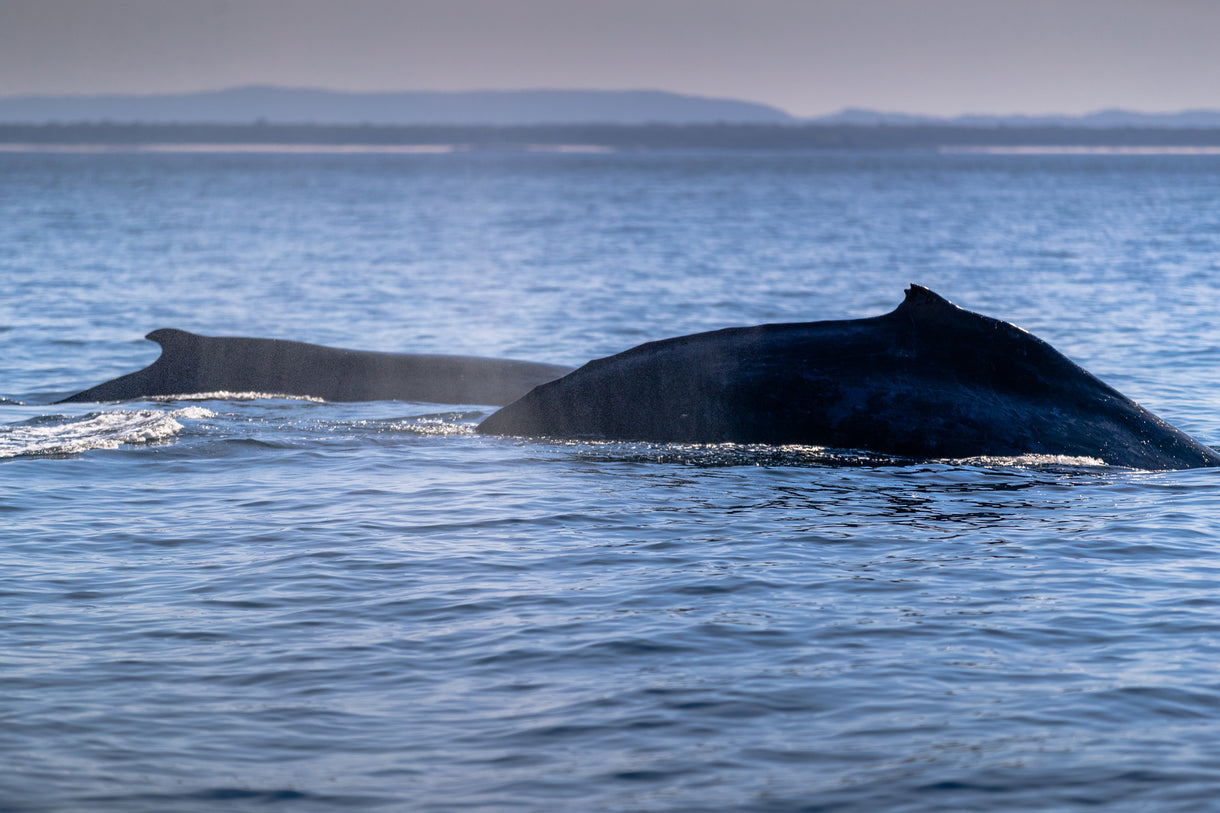
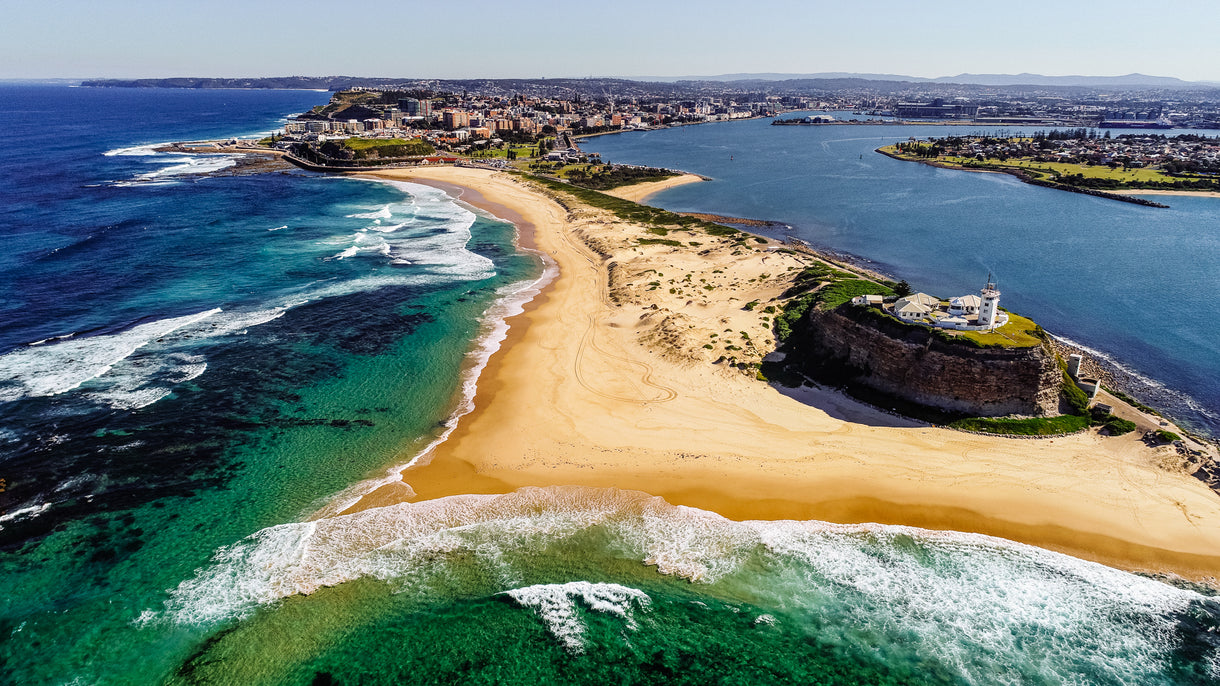
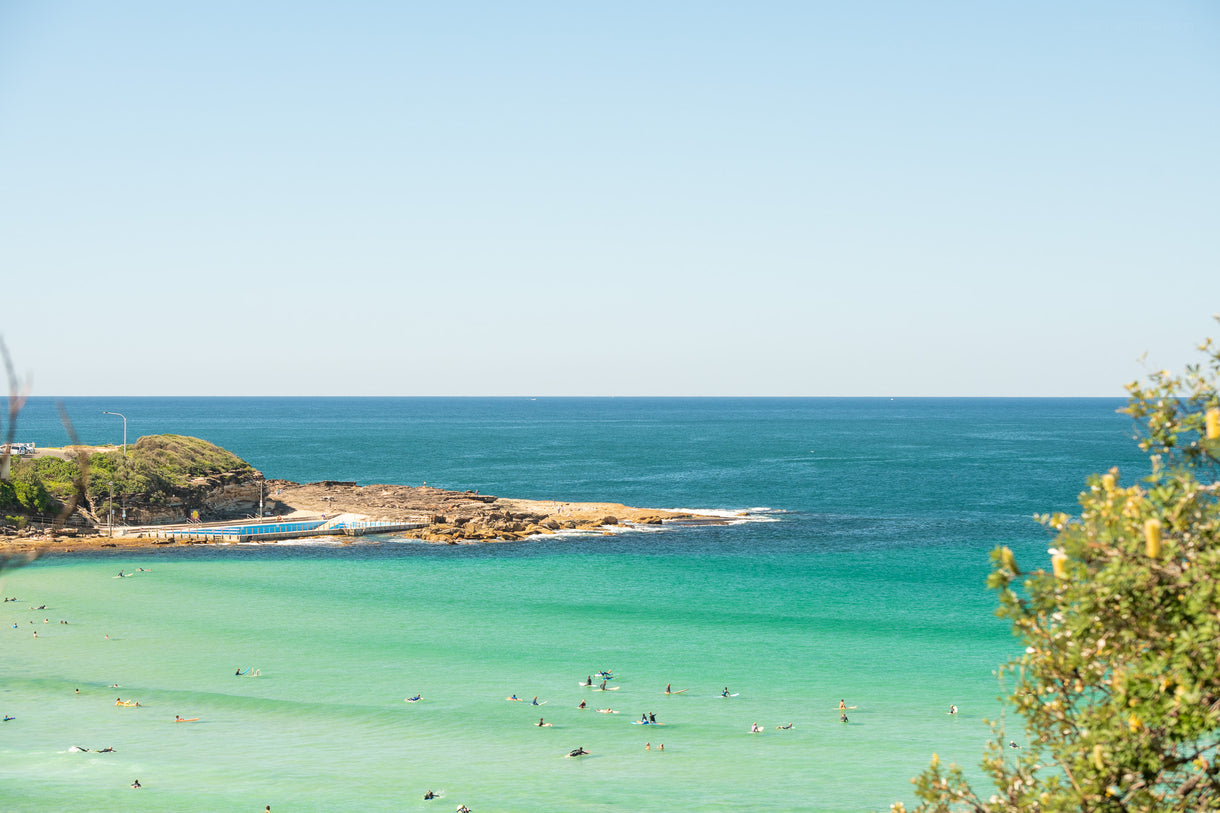
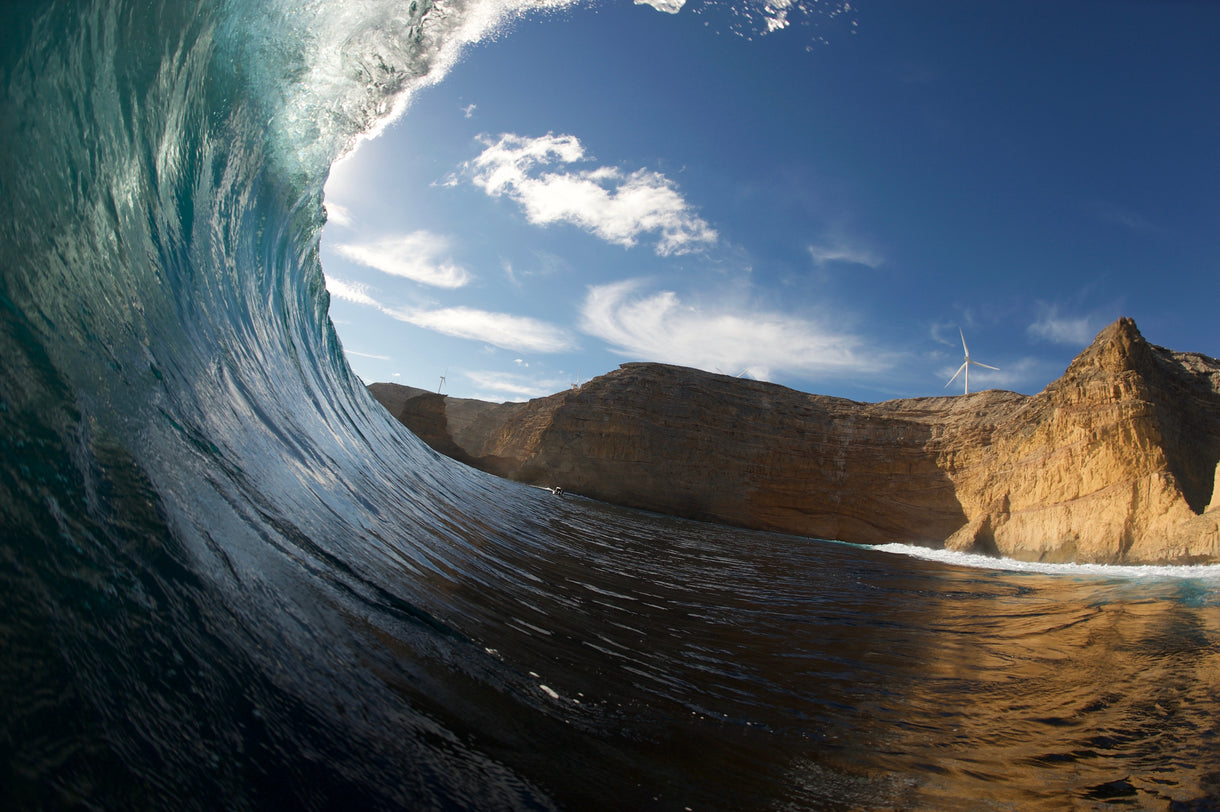
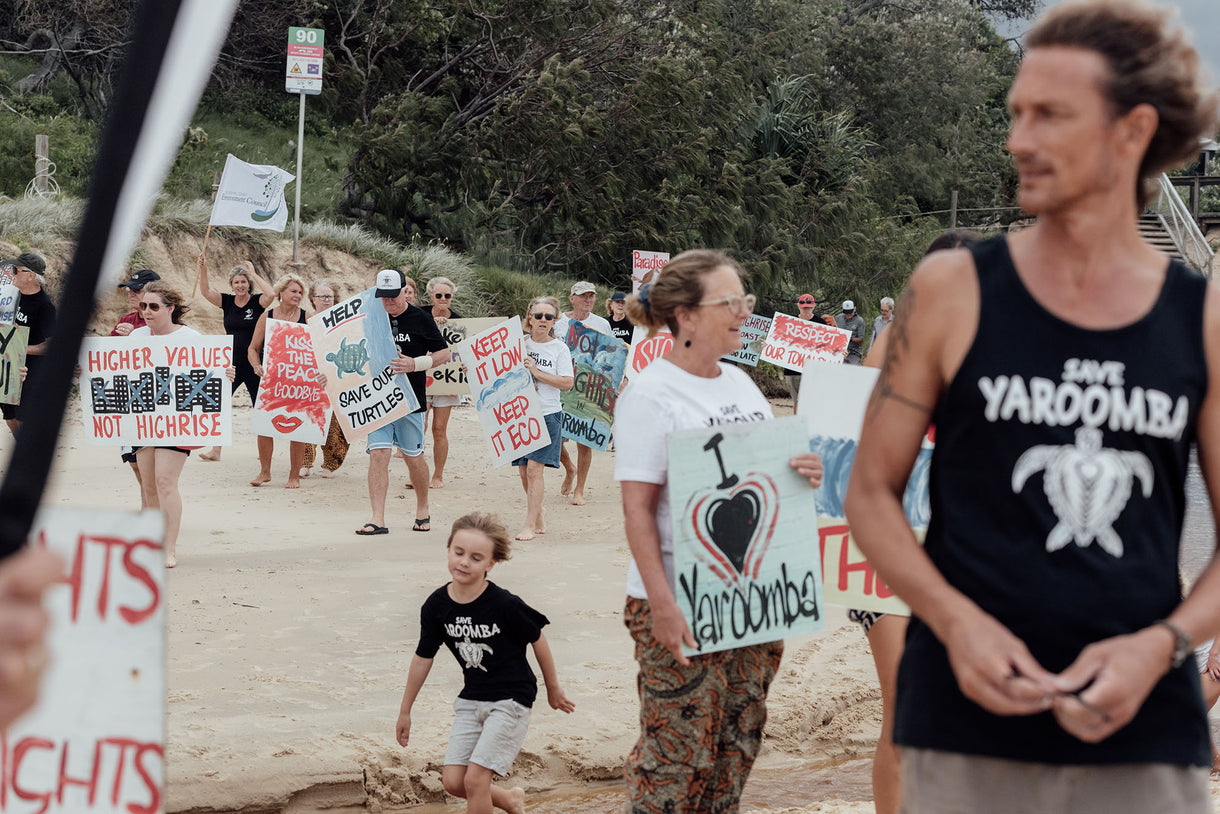
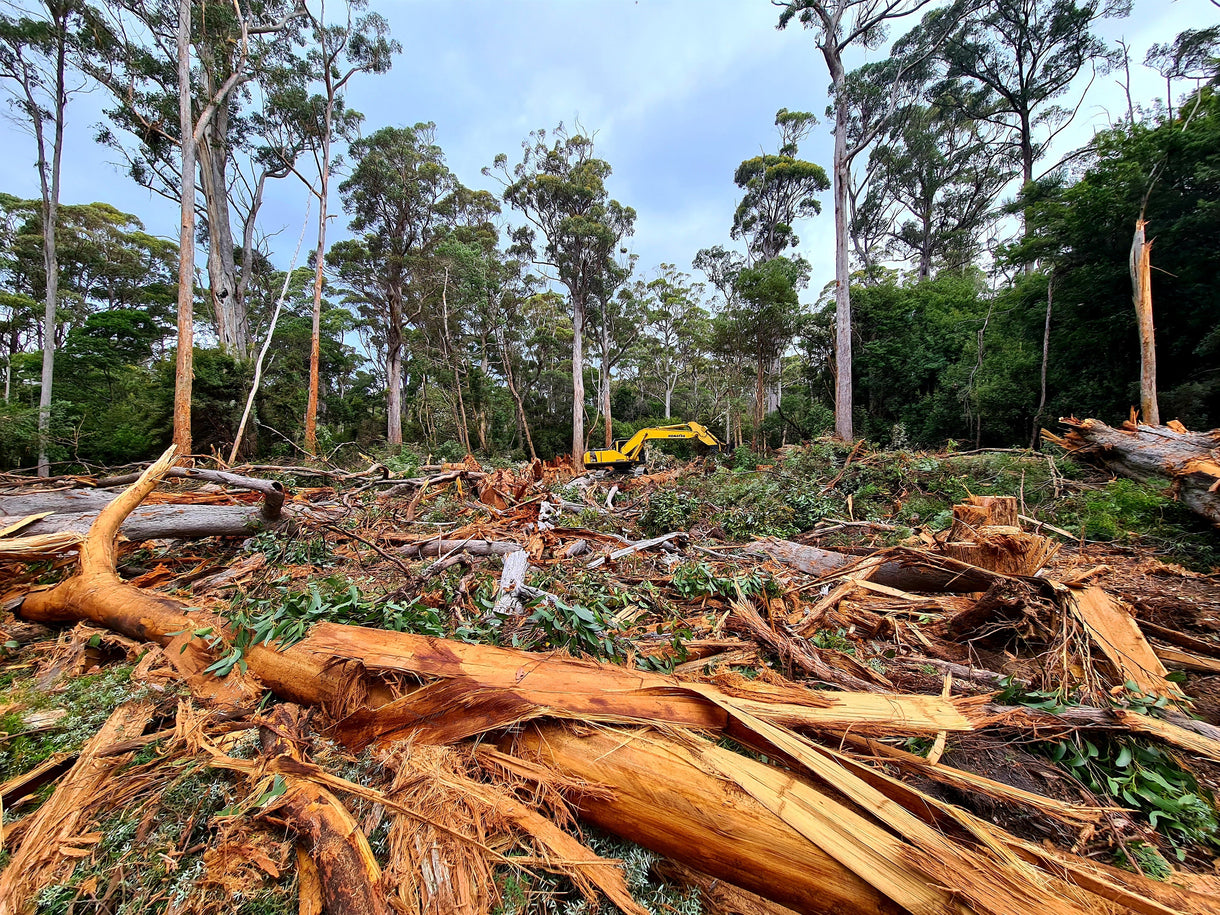
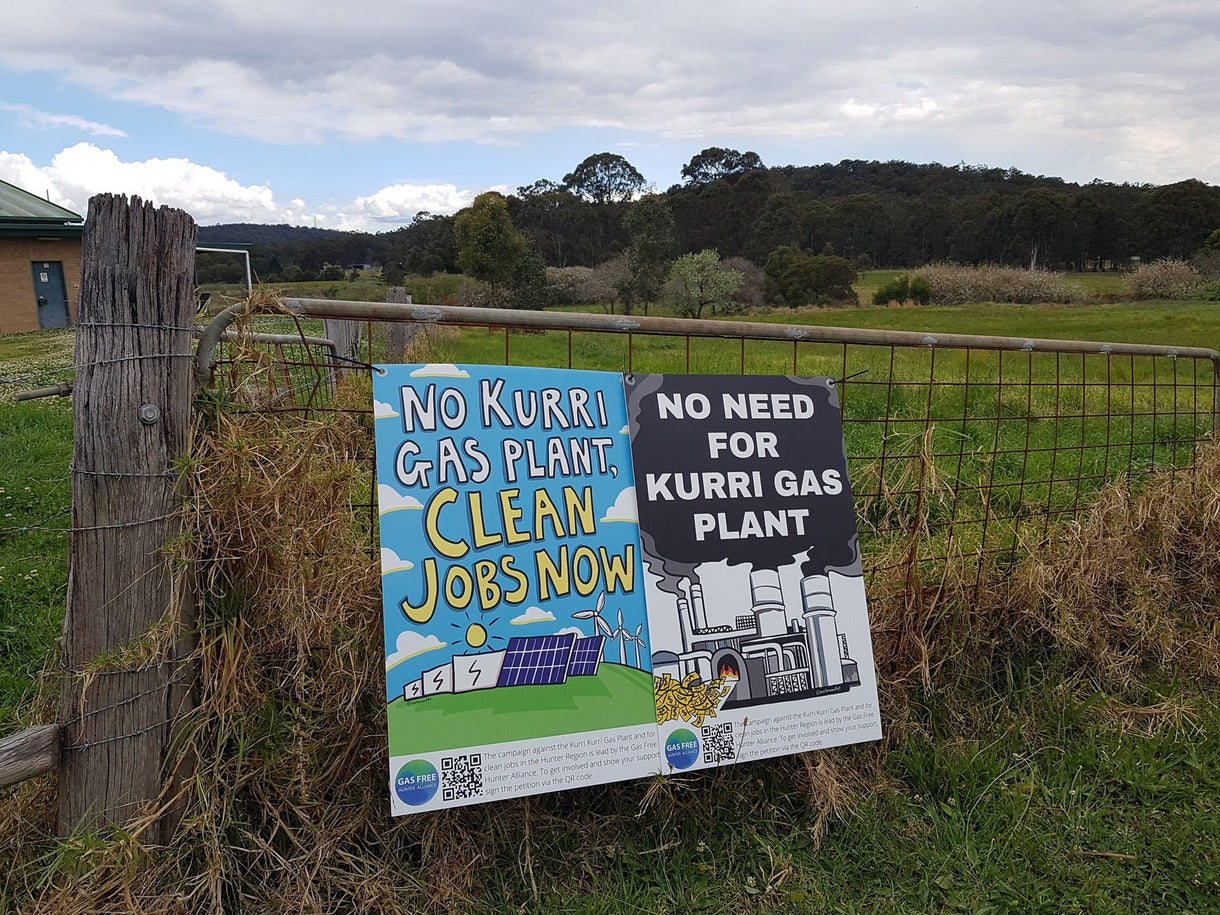
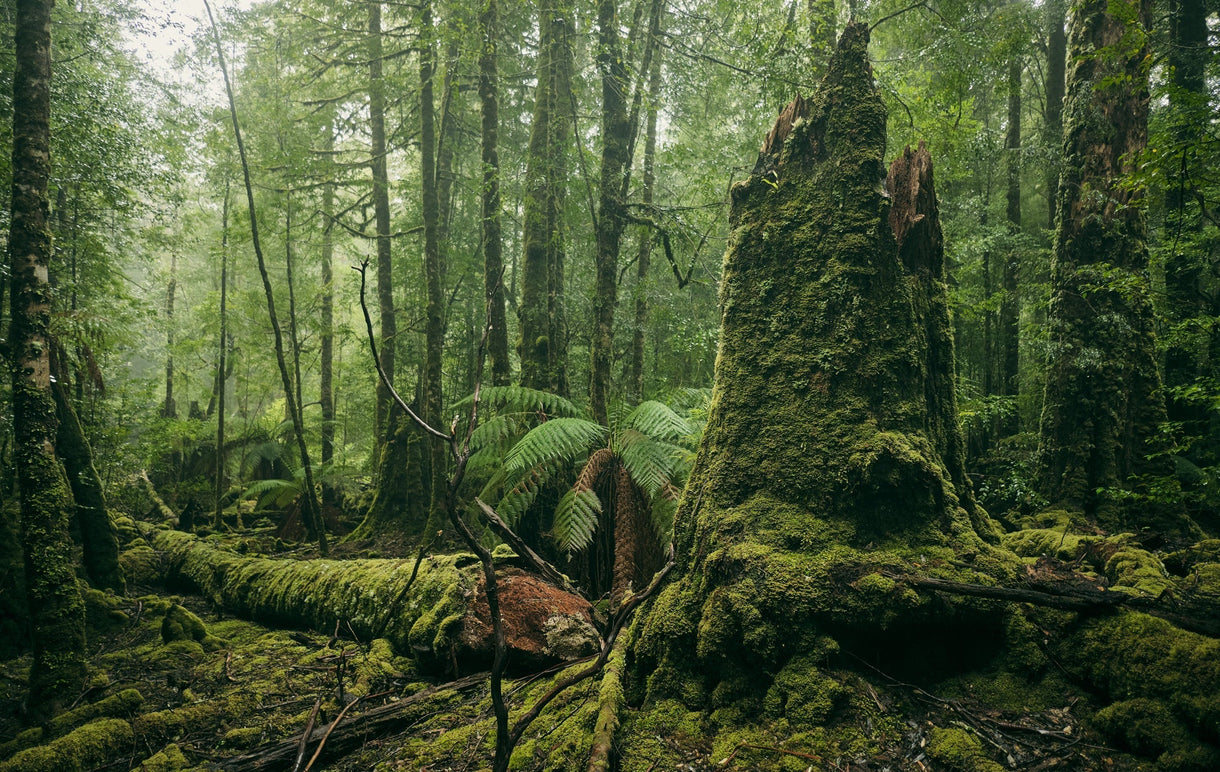
![Today was a huge victory for coastal communities between Sydney and Newcastle. [Front] Damien Cole, Belinda Baggs, Drew McPherson and Asha Niddrie. Photo Zoe Strapp](http://www.patagonia.com.au/cdn/shop/articles/strapp_z_AUS_000142_b147f38f-4f28-4e66-a3ea-89fccd422484_1220x.jpg?v=1650419749)
